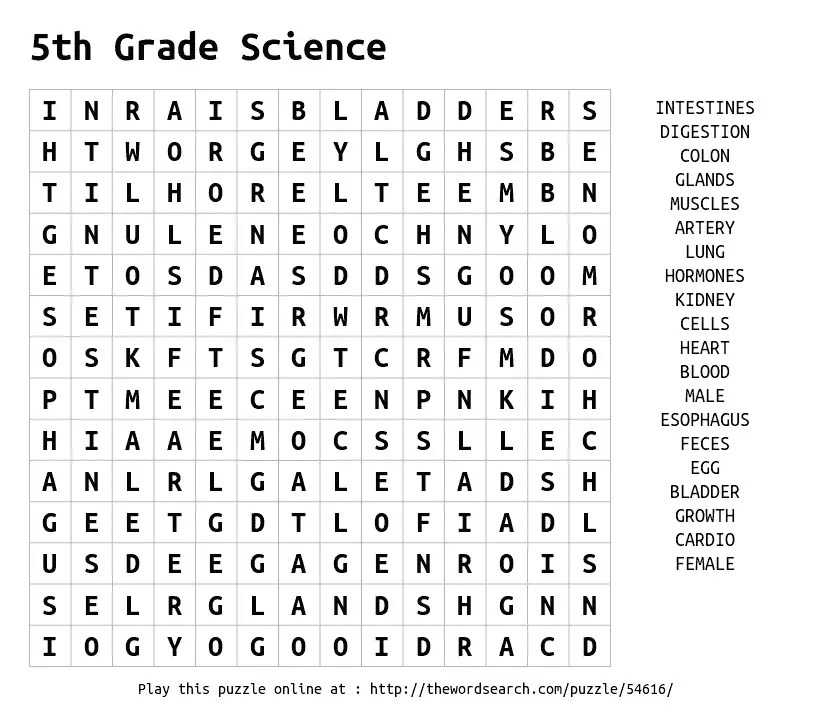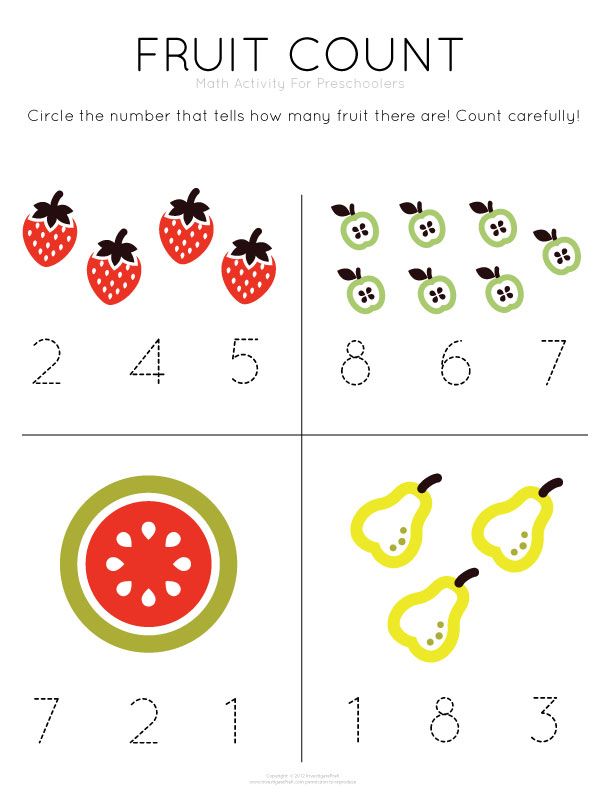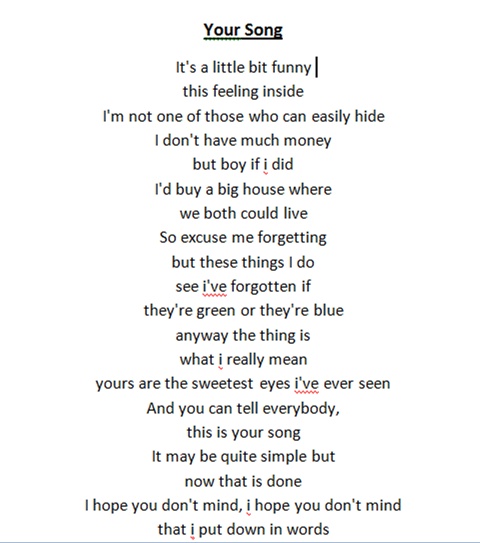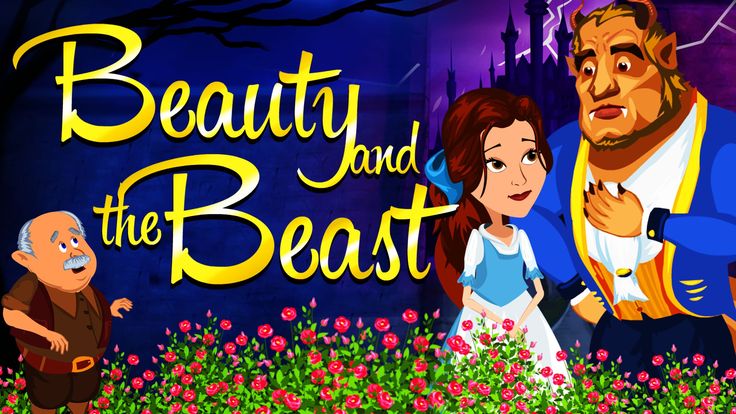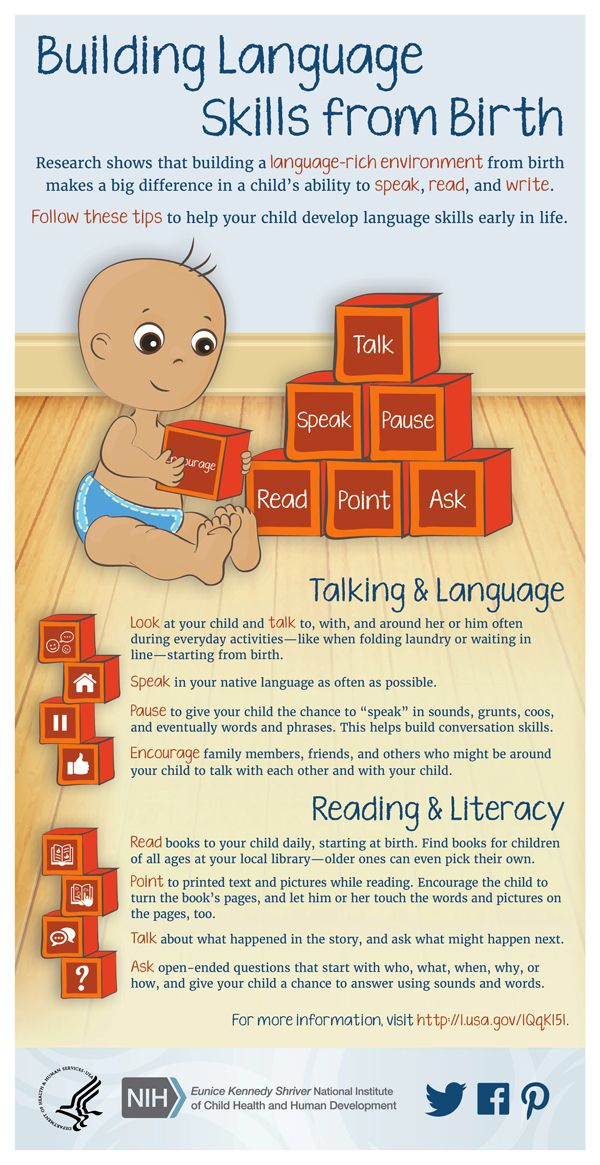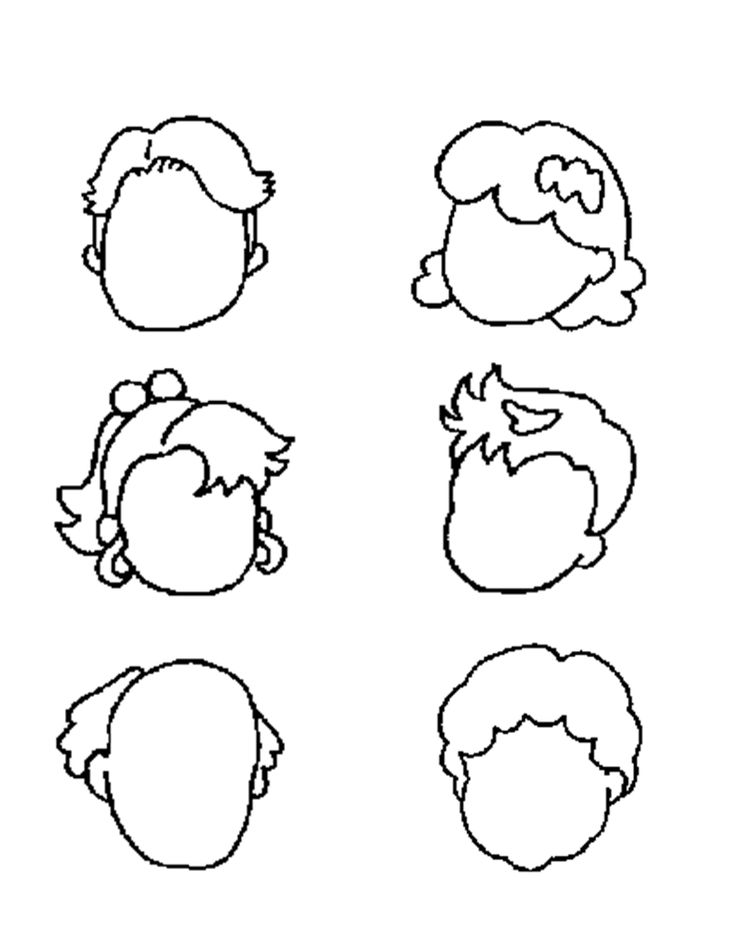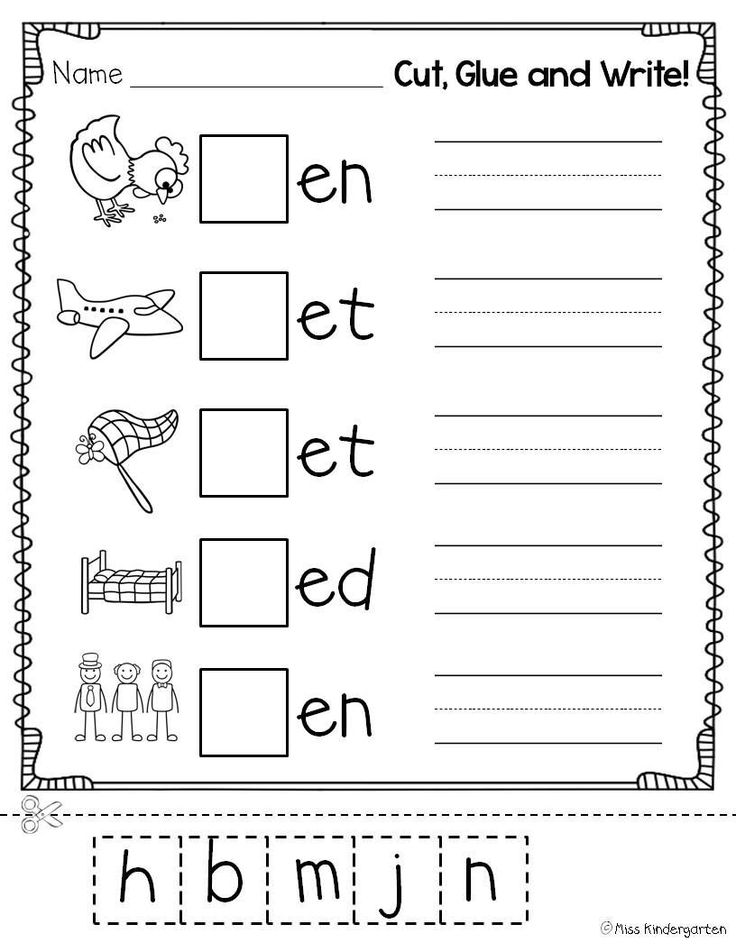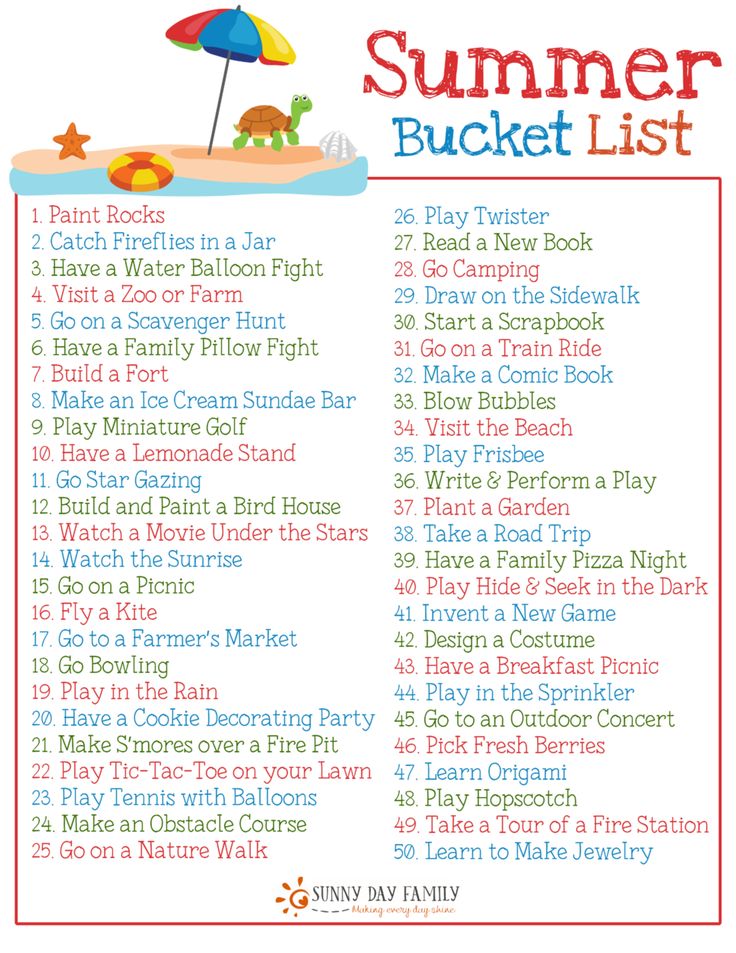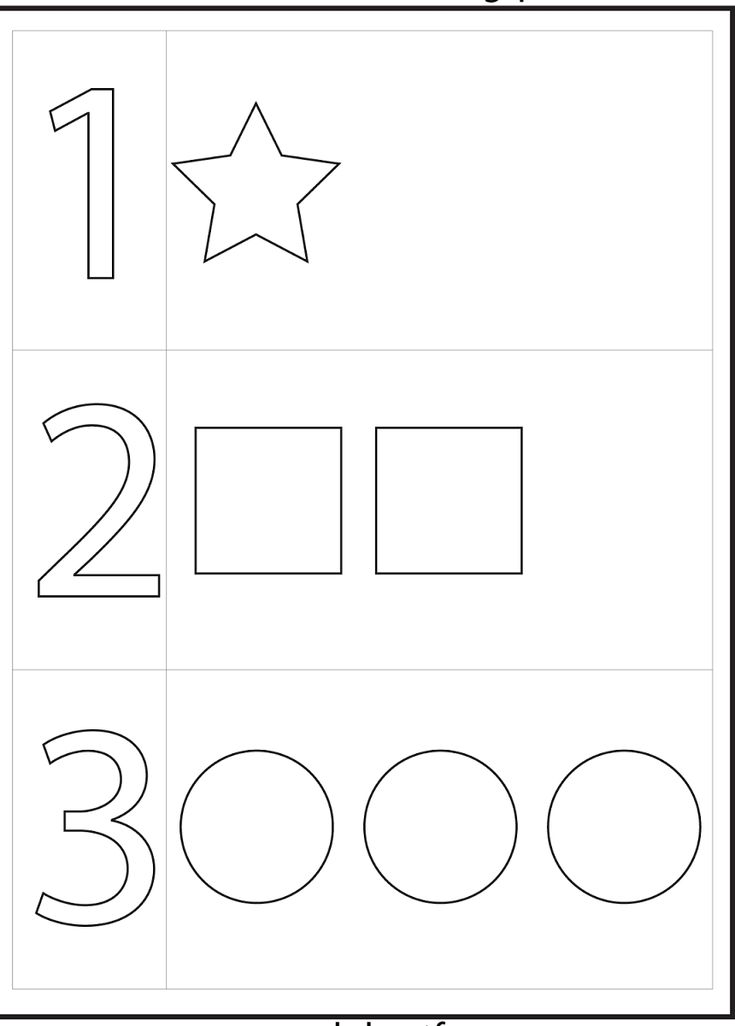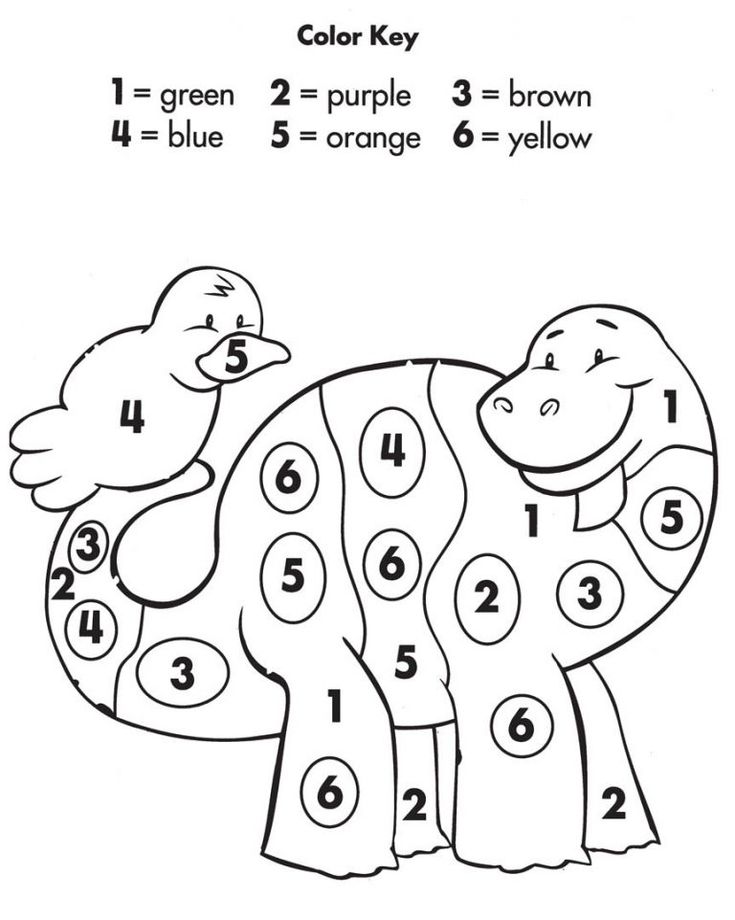Just right reading
‘Just-right’ books: Does leveled reading hurt the weakest readers?
Jess Hutchison’s daughter Sawyer, 8, is often bored by the books she gets assigned based on her reading level at school. And she’s not the only one.
“Many of them are dumb. They’re just nonsensical,” said the Bay Area mother of two. “So it’s terrible reading, and you’re not learning anything. There’s no knowledge being acquired.”
That’s why Hutchison takes pains to supplement her daughter’s literary diet with more intriguing fare at home. Right now, the third grader favors books about cats.
“She doesn’t want to read the leveled books,” said Hutchison. “I don’t want her to read the leveled books. So we’re going to read something else. She gets to read whatever she wants at home.”
A child’s simple decision to reach beyond her assessed reading level to pick a book she fancies has become a controversy in some quarters. That’s because it flies in the face of “leveled reading,” a practice often associated with balanced literacy classrooms, by far the most popular approach in California.
Balanced literacy favors immersion in literature over teaching fundamentals like phonics, which is a pillar of structured literacy, an evidenced-based approach that builds on decades of exhaustive research. However, leveled reading is so ubiquitous that it has also been invoked under the banner of the science of reading.
This is the seventh in an occasional series on the dramatic national push to revamp how reading is being taught in the earliest grades. This EdSource special report examines the state of early reading in California, the needs of special learners, teacher preparation and training and curricula and textbooks that drive instruction.
Rose Ciotta, investigations and projects editor
“It helps to calibrate that content so that students can practice reading at a ‘just-right’ level of difficulty,” said Rebecca Buckley, director of Succeeding by Reading, an Oakland-based tutoring program. “Students who get rushed through these early stages often end up with skill gaps that trip them up as text complexity increases.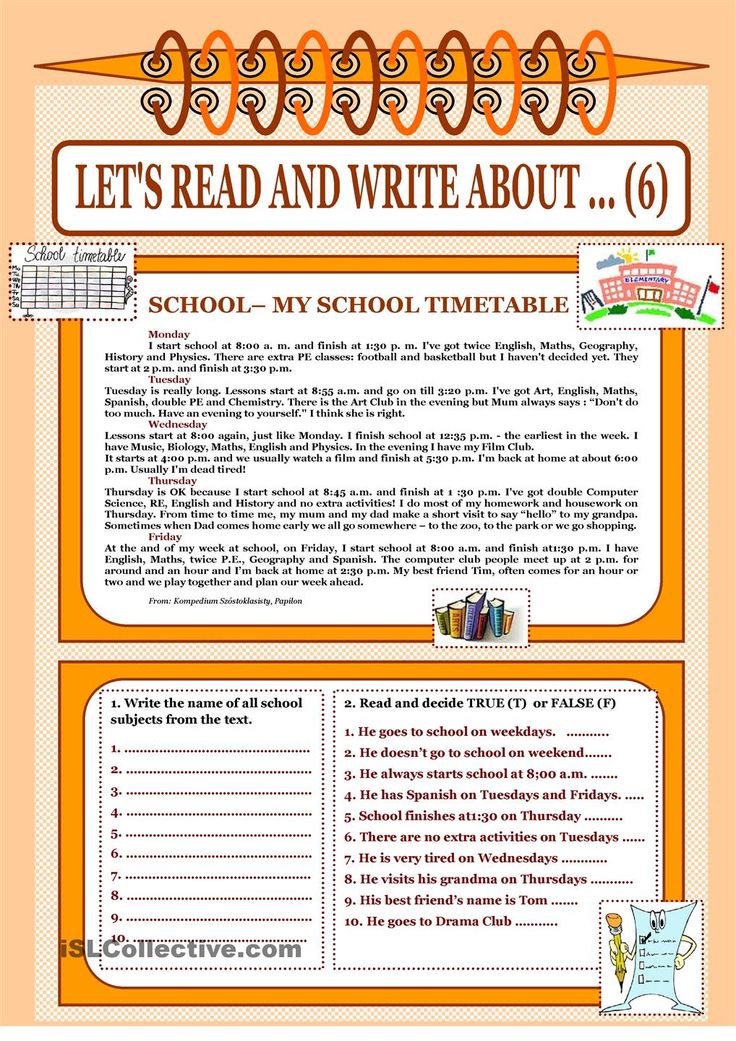 ”
”
Sticking to a level
Children are assessed periodically to determine their level, often designated by letters, A-Z, or numbers, and they are discouraged from straying from it, lest they grow frustrated. The goal is to make a perfect Goldilocks-style match between child and book, based on ability, proponents say.
That’s why generations of children have been pointed to books that are “just right” for their reading level and held back from books that might be too hard for them. The idea is that if the child only reads books in their sweet spot they will make the most progress. This practice has long been deeply entrenched in how reading is taught in many classrooms. The trouble is, there’s actually scant evidence that “leveled reading” is an effective strategy, experts say, and mounting concern that it may hurt the weakest readers in the long run.
In the wake of crippling pandemic learning loss, as reading test scores plummet, experts say, promoting reading acceleration among students, and not hindering it, may be more crucial than ever.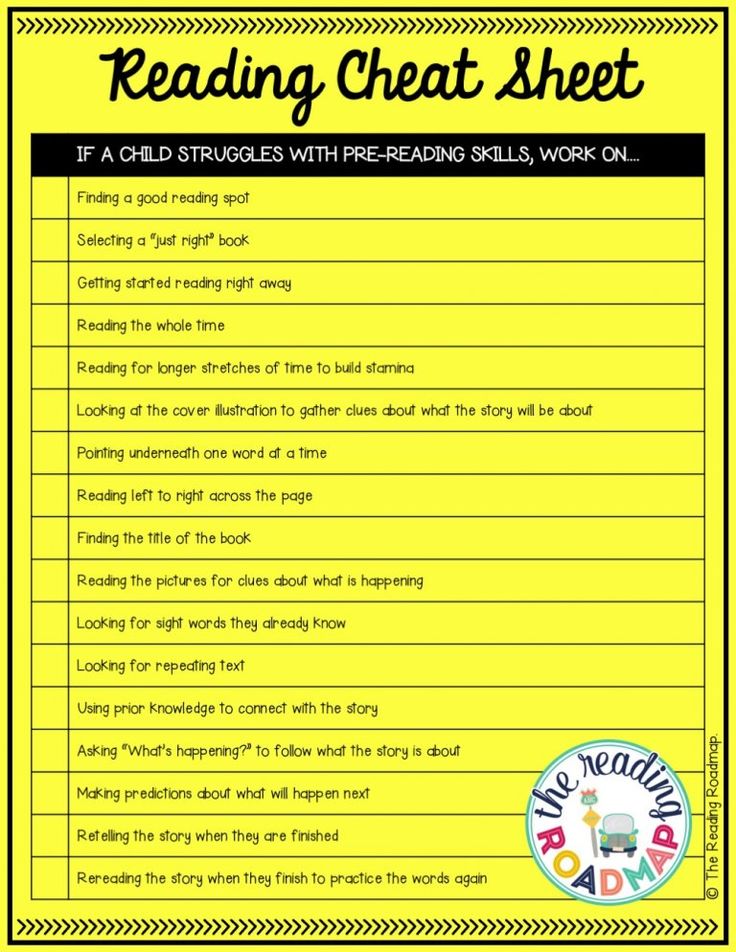
“Using complex texts seems to violate a sacred principle,” said Sue Pimentel, one of the nation’s top K-12 literacy experts. “It rejects what they thought was well-researched.”
Hiding advanced books
Winnie Iturralde felt so stifled by her leveled books in first grade that she smuggled in more advanced books, tucking them away inside her official book. Hiding her books was easier than getting the teacher to budge on her reading level.
“They just say this is the level based on the assessment,” said her mother, Esti Iturralde. “It is treated as sacrosanct. On the online system, I used to post videos of her reading other books, but nothing could dislodge the assessment.”
These reading adventures illustrate the common practice of using a leveled reading system at school, such as Guided Reading Levels or Lexile Levels, programs that categorize books into levels of difficulty and track student achievement. The system has the ring of common sense to it, which may be why it’s used in so many schools, but it also discourages some early readers.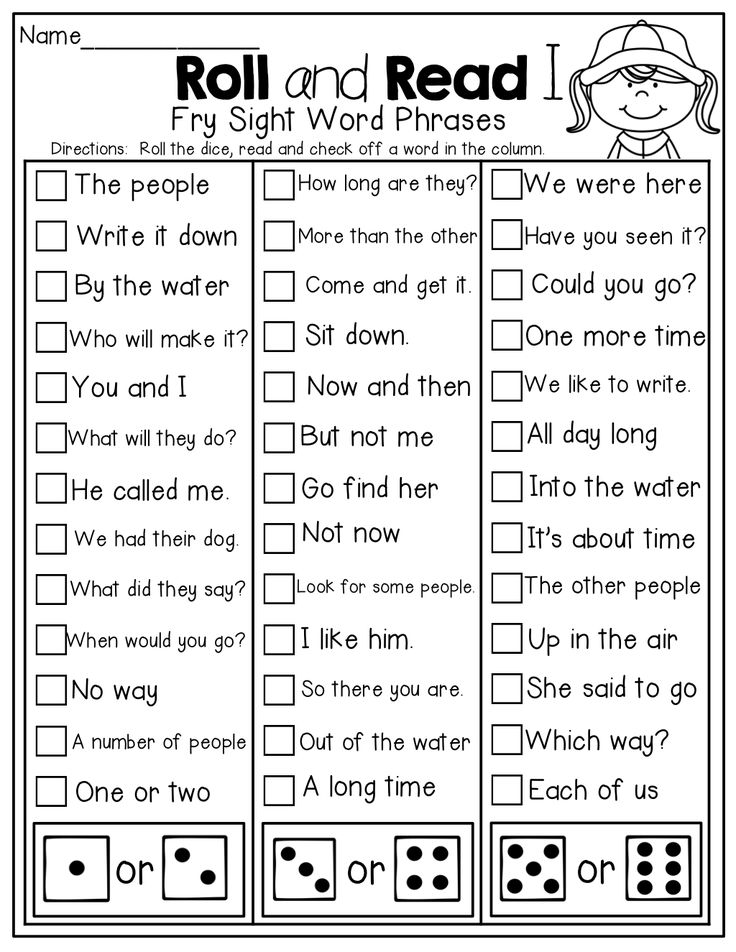
Winnie had been assessed at level F-G at school, so she wasn’t supposed to be able to read “Dory Fantasmagory,” a level O book, but she did read it, and she loved it. Indeed, many of the children in her class longed for the more fascinating fare in their classroom but were denied access to it.
“The classroom bins are labeled by letter, and kids who reach into the wrong bin are told they have to put the book back,” said Iturralde. “Winnie and other kids have told their parents about forbidden books they are pining to read in a higher bin.”
Students must wait patiently to be reassessed in a hectic classroom and then accept that they may only be allowed to move up one level at a time. Teachers become gatekeepers to books, a longstanding practice in many schools where the assigned reading level is treated as a sacred cow.
An unproven theory
“Teachers have been trained since the 1940s to teach kids at their levels — without any real research support,” said Timothy Shanahan, a renowned literacy expert and professor emeritus at the University of Illinois at Chicago.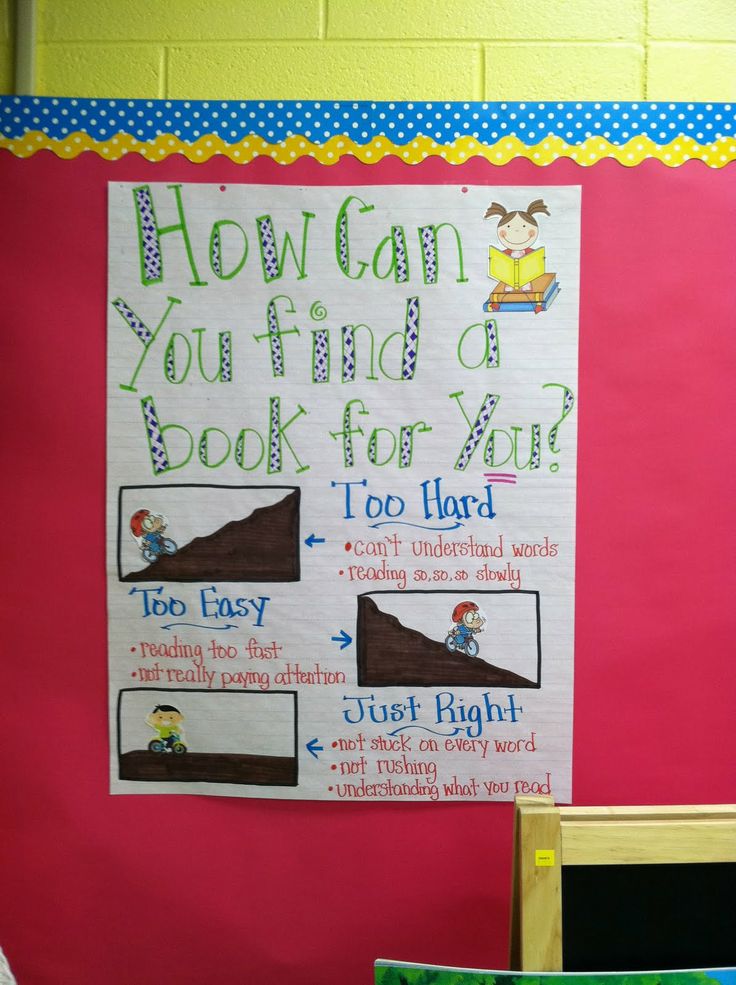 “It makes sense to go slow and low to allow kids an opportunity to master the earliest decoding abilities. However, from Grade 2 on, I think we have made some bad choices — and more and more, the research is showing that kids learn more from working with more challenging texts.”
“It makes sense to go slow and low to allow kids an opportunity to master the earliest decoding abilities. However, from Grade 2 on, I think we have made some bad choices — and more and more, the research is showing that kids learn more from working with more challenging texts.”
Amid the deepening literacy crisis, many are beginning to question the wisdom of pigeonholing young readers. Critics say it’s high time the school system began rethinking leveled reading. What if leveled reading doesn’t boost learning after all? What if it just holds children back?
“Basically we have put way too much confidence in an unproven theory. The model of learning underlying that theory is too simplistic,” said Shanahan. “As we get more research on it, it is clear that students do better if there is more that they don’t know in a text, more opportunity to learn. Unfortunately, it is deeply ingrained in the system of education to teach kids to read from texts they can already read reasonably well — which holds kids back.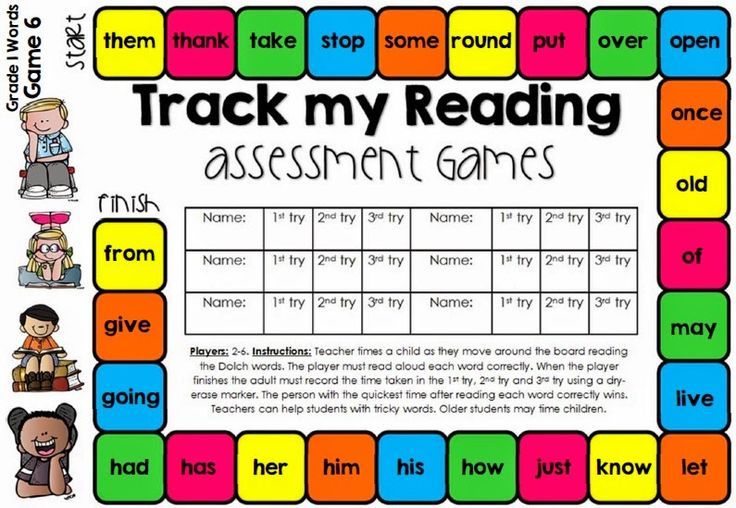 ”
”
It’s important to note that many experts agree with the concept of assessing children, to see where they need help, but not using that information to take certain books off the table, especially if those books pique their interest. Instead, teachers and caregivers should try to follow the child’s curiosity and then help fill in the blanks as they read.
The key to effective reading instruction, experts say, is to gradually deepen the student’s understanding. Give them a hand as the path gets steeper but don’t keep them on the flat terrain forever.
“You don’t just dump students in hard text with the idea that they’ll struggle. You provide support to encourage them to connect the text to their background knowledge, you guide them to identify unknown words,” said Shanahan, who helped lead the influential National Reading Panel. “There are clear learning benefits that come from working with frustration-level text.”
Gaining confidence
Weaker readers may fare best when tackling books above their grade level, research suggests, as long as other, stronger readers help them. Children gain confidence even as they work with a teacher, tutor or peer. That boost may carry over into their own silent reading sessions.
Children gain confidence even as they work with a teacher, tutor or peer. That boost may carry over into their own silent reading sessions.
Any frustration the child experiences may pay off in lasting skill and self-esteem, experts say, which are invaluable as academic texts grow ever more rich, complex and dense. Few people sail through Dickens or Shakespeare the first time around, but that doesn’t mean we shouldn’t get our feet wet. One of the hallmarks of skilled readers, experts say, is learning how to navigate complexity with patience.
“If weaker readers are working with less complex syntax,” said Pimentel, “they do not learn how to understand the ideas housed in intricate sentences made of a wide variety of structures.”
One key criticism of leveling is that reading assessments are often faulty and poorly implemented, experts say. Teachers may put a lot of faith in a somewhat arbitrary measure, as if the benchmarks are written in stone. A student may score at 7th grade level in one assessment and 9th in another.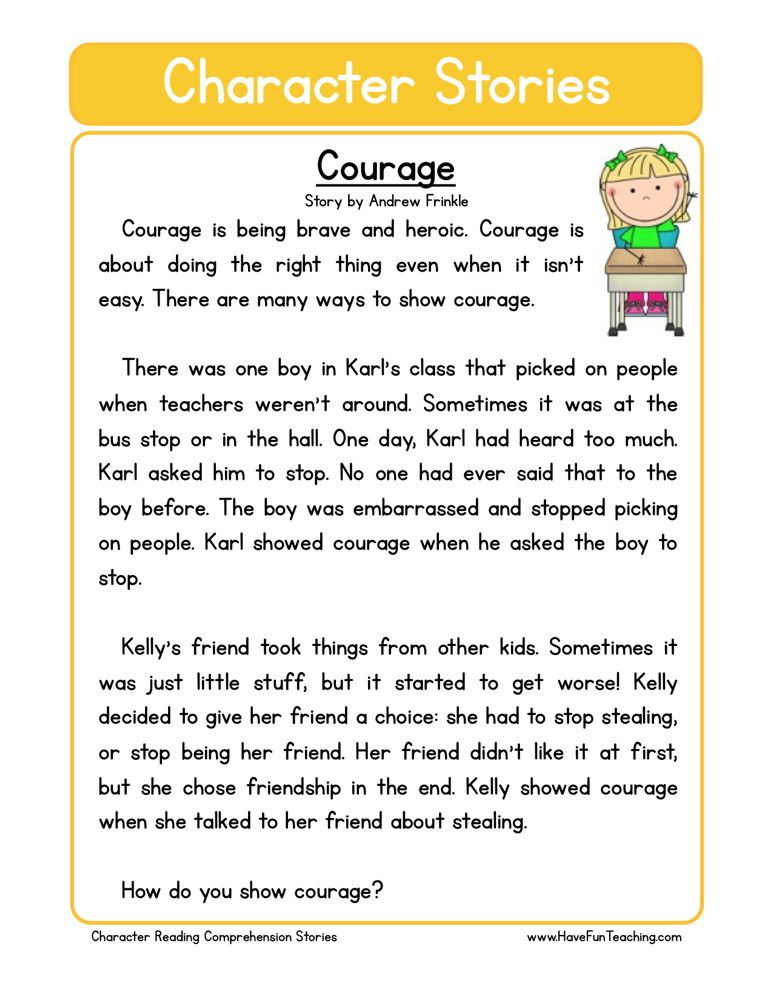
“The truth is we can’t even pinpoint a student’s reading level precisely,” said Pimentel. “No student has just one reading level; every student has many levels depending on the topic and their knowledge.”
Another flaw inherent in leveled reading systems, some say, is that they narrow the scope of opportunity, reducing exposure to captivating stories that might motivate students to dig into books with greater zeal. Many children don’t turn into bookworms until they encounter a book that beguiles them. Think “Harry Potter.”
“In real life, no one picks books because letter F is their level. We pick books based on topics we are interested in,” said Jessica Sliwerski, a former teacher and CEO of Ignite Reading, a Zoom-based tutoring program. “Even if kids can’t read a book, there is something exciting about being able to choose and that creates motivation to read, which is important.”
Even literacy experts who champion leveled reading systems emphasize the need for flexibility and nuance. Cultivating a desire to read may be central to sparking literacy.
Cultivating a desire to read may be central to sparking literacy.
“Like any tool, book leveling can be overused,” said Buckley. “When it was first introduced, some folks wanted to level all the books in school libraries, and only permit kids to check books out at their current reading level. The librarians were beside themselves with horror.”
Buckley’s tutoring program, which targets students who are at least two years below grade level in Oakland Unified, seems to work miracles. Prior to the pandemic, children who had just 24 sessions with their tutor typically advanced two grade levels.
Some experts also worry that leveling can bog kids down at a low reading level for so long that they become demoralized. Children feel stigmatized by getting stuck on easy readers while their peers peruse chapter books. That can become a self-fulfilling prophecy for both ends of the spectrum, widening the achievement gap.
One Northwestern University Institute for Policy Research study, which followed 12,000 students in K-3 over time, looking at reading group placement, found that students placed in the lowest groups in kindergarten never caught up to those in the highest group.
Leveling remains so pervasive, experts say, because the flaws in the methodology are often unseen. Struggling readers are expected to continue to struggle. No one is surprised when they live down to expectations.
“Leveled reading tracks kids in low-level books,” said Megan Potente, a veteran teacher and literacy coach. “All teachers have seen this. Ten-year-olds who are forced to spend huge amounts of time on level E books during independent reading. Teachers don’t know what to do with them. It’s tragic.”
Teachers have so many students at so many reading levels that it may seem more efficient to let each child read to themselves instead of working through the book with guidance. That ease comes at a cost, experts say.
Fewer demands on teachers
“Leveled reading places fewer demands on the teacher than the alternative,” said Pimentel. “With complex text, the teacher, not the text, must be the scaffold.”
While some children, like Sawyer, will get exposure to the pleasure of literature at home, others may develop a distaste for reading.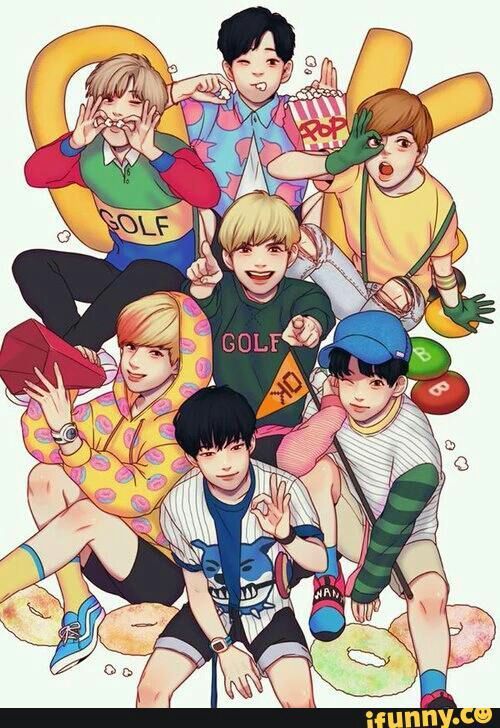 The number of American children who say they regularly read for fun is at its lowest level since the 1980s, according to a recent National Assessment of Educational Progress survey.
The number of American children who say they regularly read for fun is at its lowest level since the 1980s, according to a recent National Assessment of Educational Progress survey.
Credit: Andrew Reed / EdSource
Sawyer, right, reads her favorite book, “The Midnight Children,” out loud to her mother, Jess Hutchison.
Some see this as a clear-cut issue of equity that hurts the most vulnerable children the most. Poor reading skills can close doors of achievement for children who are consistently relegated to below-grade books.
“Leveled texts lead to leveled lives,” said Alfred Tatum, provost and vice president for academic affairs at the Metropolitan State University of Denver. “I have witnessed too many young people surrender their life chances before they get to know their life choices because of low levels of literacy. Futures are foreclosed for many because of low levels of literacy. Adults carry the pain of low levels of reading to their graves.”
To make matters worse, the weakest readers not only miss out on honing their reading comprehension skills. They also miss out on the background knowledge and vocabulary that can be gleaned from more content-rich material.
They also miss out on the background knowledge and vocabulary that can be gleaned from more content-rich material.
Educators often call this the Matthew effect, the idea that good readers read more, making them not only better readers but more knowledgeable overall. Conversely, poor readers shy away from reading, slowing their cognitive growth.
A fifth-grader relegated to reading Dr. Suess, for example, may well never catch up to one reading “To Kill a Mockingbird” in terms of building a thorough understanding of American history.
That’s why children should be nurtured to read widely, many experts say, and push themselves periodically. Shanahan advises a varied diet of literature from easy reads to “things that kick their butts.”
Children should train to become readers the way runners train for a race, experts say, mixing up their workouts to make the muscles stronger. That’s the opposite of a leveled reading ladder that too many children struggle to climb.
“Students know when we are respecting their brains and have confidence in their ability to meet the challenge,” said Pimentel.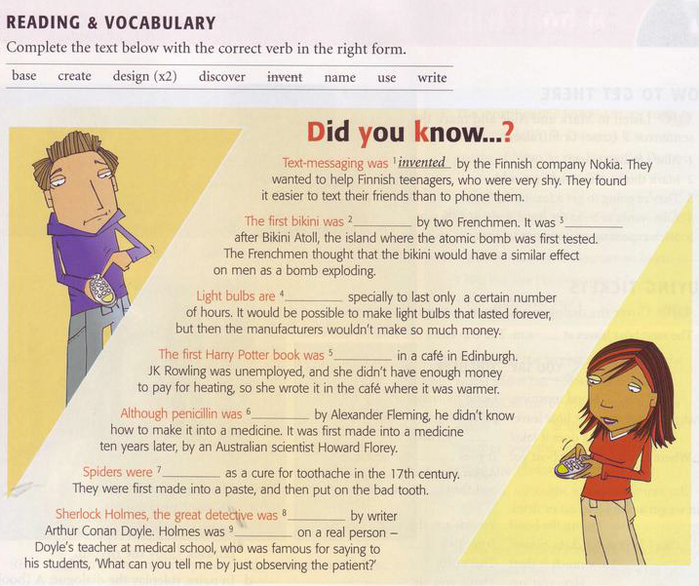 “Students rise to the challenge with the right support and encouragement. And doing so allows all students to be thinking at grade level even if reading is harder for some.”
“Students rise to the challenge with the right support and encouragement. And doing so allows all students to be thinking at grade level even if reading is harder for some.”
To get more reports like this one, click here to sign up for EdSource’s no-cost daily email on latest developments in education.
Just Right Reading for All Levels
Pre-K/ Kindergarten Berenstain Bears in the House of Mirrors (Stan Berenstain) Cars (Gail Saunders Smith) Do You Want to Be My Friend? (Eric Carle) Dogs (Amy Levin) Going to Grandma’s Farm (Betsy Franco Feeney) I Like Bugs (Margaret Wise Brown) I See Bugs (Wiley Blevins) A Party (Anne Miranda) What Do Insects Do? (Pamela Chanko and Sus) Beans (Gail Saunders Smith) Best Friends (Marcia Leonard) Dress Up (Marcia Leonard) Fun with Hats (Lucy Malk) Get the Ball, Slim (Marcia Leonard) Hats Around the World (Liza Charlesworth) Hide and Seek (Brenda Shannon Yee) Hoptoad (Jane Yolen) I Can Ski! (Melanie Davis Jones) I Like Mess (Marcia Leonard) I Love You Sun, I Love You Moon (Karen Pandell and Tomie dePaola) I Won’t Share (Hans Wilhelm) Monkeys (Pamela Chanko and Susan Canizares) Mothers (Lola M. My Friend (Judy Nayer) No New Pants! (Marcia Leonard) On Market Street (Anita and Arnold Lobel) One, Two, Three – What Can You See? (Mindy Menschell) Pick a Pet! (Lucy Floyd) Silly Sally (Betsy Franco-Feeney) The Bus for Us (Suzanne Bloom) Where’s the Cat? (Stella Bloom) A Rainbow of My Own (Don Freeman) All Kinds of Kids (Christina Mia Gardeski) Baby Animals Learn (Pamela Chanko) Bathtime for Biscuit (Alyssa Satin Capucilli) The Berenstain Bears’ Big Bear, Small Bear (Jan and Stan Berenstain) Brown Bear, Brown Bear, What Do You See? (Bill Martin, Jr.) The Big Box (Virginia Clammer) City Cats, Country Cats (Barbara Shook Hazen) Fall Leaves (Don L. Curry) Get That Pest! (Erin Douglas Gossie (Olivier Dunrea) Gossie and Gertie (Olivier Dunrea) Grandmothers (Karen Pandell and Tomie dePaola) Grow a Pumpkin Pie! (Jane E. Gerver) Happy and Honey (Laura Godwin) I Went Walking (Sue Williams) Love Me, Love You (Susan Heyboyer O’Keefe) Magic Matt and the Dinosaur (Grace Maccarone) Moving Day (Jo S. Mr. Rover Takes Over (Grace Maccarone) Parents (Gail Saunders-Smith) Polar Bear, Polar Bear, What Do You Hear? (Bill Martin) Shadows (Deanna Calvert) Tiny Goes to the Library (Cari Meister) Touch Your Nose, Wiggle Your Toes (Minday Menschell) The Toymaker (Amy Hutchings) What’s For Lunch? (Eric Carle) What’s Going On? (Cynthia Benjamin) When I Grow Up (Jo S. Kittinger) Yo! Yes? (Raschka) 3rd Grade Amber Brown Series (Paula Danziger) Case of Hermie Series (James Preller) The Chocolate Touch (Patrick Catling) Donavan’s Word Jar (Monalisa DeGross) Grandfather’s Journey (Allen Say) Hank the Cowdog Series (John Erickson) Horrible Harry and the Ant Invasion (Suzy Kline) How to Be Cool in Third Grade (Betsy Duffey) Jake Drake Bully Buster (Andrew Clements) Jigsaw Jones Series (James Preller) Julian, Secret Agent (Ann Cameron) More Stories Huey Tells (Ann Cameron) Ruby’s Wish (Shirin Yim Bridges) Tall Tails Series (Dona Smith) The Lotus Seed (Sherry Garland) The Principal’s on the Roof (Ruth Levy) Who Was (Example: Who Was John F. A Pony for Keeps (Jeanne Betancourt) A Pony in Trouble (Jeanne Betancourt) Baseball Saved Us (Ken Mochizuki) Chocolate Fever (Robert Smith) Class Clown (Johanna Hurwitz) Class President (Johanna Hurwitz) Gooney Bird Green (Lois Lowry) Hamster Hotel (Ben M. Baglio) Henry and Beezus (Beverly Cleary) Henry and Ribsy (Beverly Cleary) Herbie Jones series (Suzy Kline) No Dogs Allowed (Jane Cutler) Pocahontas and the Strangers (Clyde Robert Bulla) Pony to the Rescue (Jeanne Betancourt) Ralph S. Mouse (Beverly Cleary) Ramona and Her Father (Beverly Cleary) Ramona and her Mother (Beverly Cleary) Ramona the Brave (Beverly Cleary) Runaway Ralph (Beverly Cleary) Stacey and the Mystery at the Mall (Ann Martin)  Pippi Longstocking (Astrid Lindgren) A Boy at War (Henry Mazer) Book of Black Heroes from A to Z (W. Dragon Quest (Jackie French Koller) Dragon Trouble (Jackie French Koller) Dragons and Kings (Jackie French Koller) Encyclopedia Brown Series (Donald and Rose Sobol) Eoin Colfer’s Legend of Crow’s Teeth (Eoin Colfer) Fantastic Mr. Fox (Roald Dahl) Meg’s Prairie Diary Series (Books 1, 2, and 3) (Kate McMullan) One Day in the Desert (Jean Craighead George) One Day in the Tropical Rainforest (Jean Craighead George) One Day in the Woods (Jean Craighead George) Polar Bear Patrol (Magic School Bus Chapter) (Judith B. Stamper) Riding Freedom (Pam Munoz Ryan) Sideways Stories from Wayside School (Louis Sachar) Something Fishy at McDonald Hall (Gordon Korman) Stone Fox (John Reynolds Gardiner) The Dragonling (Jackie French Koller) The Legend of Spud Murphy (Eoin Colfer) The Twits (Roald Dahl) Boxcar Children Series (Gertrude Chandler Warner) The Gold Threaded Dress (Carolyn Marsden) The Spray Paint Mystery (Angela Shelf Medearis) The Whingdingdilly (Bill Peet) The Winning Pony (Jeanne Betancourt) Under the Sunday Tree (Eloise Greenfi) 6th Grade A Blue Eyed Daisy (Cynthia Rylant) Coraline (Neil Gaiman) The Lost Garden (Laurence Yep) Maniac Magee (Jerry Spinelli) Miracle on 49th Street (Mike Lupica) The Phantom Tollbooth (Norton Juster) Roll of Thunder Hear My Cry (Mildred Taylor) Shiloh Season (Phyllis Reynolds Naylor) Wings (Jane Yolen) The Wish List (Eoin Colfer) The Witch of Blackbeard Pond (Elizabeth George Speare) A Wrinkle in Time (Madeleine L’Engle) | 1st Grade Ah-Choo (Christine Taylor-Butler) Aunts (Lola M. Ballerina Girl (Kirsten Hall) Bears in the Night (Jan & Stan Berenstain) Bears on Wheels (Jan and Stan Berenstain) The Berenstain Bears Ride the Thunderbolt (Jan and Stan Berenstain) Bunny, Bunny (Kirsten Hall) The Chick and the Duckling (Mirra Ginsberg) The Day We Met You (Phoebe Koehler) Don’t Wake the Baby! (Wendy Cheyette Lewison) Energy is Everywhere (June Young) Fast Draw Freddie (Bobbie Hamsa) Feathers for Lunch (Lois Ehlert) Feet (D. Rau) Frogs (Gail Saunders-Smith) How Many Ducks? (Cindy Chapman) I Am Smart (Christine Taylor-Butler) I Had a Hippopotamus (Hector Viveros Lee) I Love Fishing (Bonnie Dobkin) I See a Bug (Kirsten Hall) I’m Not Scared! (Hans Wilhelm) Lara Ladybug (Christine Florie) Lunch (Denise Fleming) Max’s Birthday (Rosemary Wells) The Mess (Patricia Jensen) My Car (Byron Barton) Pumpkin Heads (Wendell Minor) Rainy Day Pals (Robin Cruise) Sid & Sam (Nola Buck) Six Silly Foxes (Alex Moran) Snow Day! (Patricia Lakin) Soup (Cathy Goldberg Fishman) Straight to the Pole (Kevin O’Malley) Surprise! (Mary Packard) This Plane (P. What a Mess! (Stephen Krensky) Big Egg (Molly Coxe) Clouds (Meredith Costain) A Funny Man (Patricia Jensen) Giants (Wendy Blaxland) I See, You Saw (Nurit Karlin) We All Fall For Apples (Emmi S. Herman) Morris the Moose (B. Wiseman) My Brother, the Brat (Kirsten Hall) My Dog Talks (Gail Herman) Read to Your Bunny (Mary Packard) Today is Monday (McDonald, Megan) Paper Bag Princess (Eric Carle) Who Am I? (Nancy Christensen) A Bug, A Bear, and a Boy Go to School (David McPhail) A Girl, A Goat and a Goose (David McPhail) Danny and the Dinosaur Go To Camp (Syd Hoff) Just Me and My Dad (Mercer Mayer) Just My Friend and Me (Mercer Mayer) When the TV Broke (Harriet Ziefert) Biscuit (Alyssa Satin Capucilli) Biscuit Finds a Friend (Alyssa Satin Capucilli) Boats (Anne Rockwell) Boris Bad Enough (Robert Kraus) The Bookstore Ghost (Barbara Maitland) Buzz Said the Bee (Wendy Lewison) Cat and Dog (Else H. The Carrot Seed (Ruth Krauss) The Great Race (David McPhail) How Do You Make a Bubble (William H. Hooks) Hungry Animals (Little Reader Series) I’m a Caterpillar (Jean Marzollo) Just Enough (Lynn Salem and J. Steward) More Spaghetti I Say (Rita Gelman) 4th Grade Aliens Ate My Homework (Bruce Coville) American Girls (Series) (Various Authors) Anastasia Krupnik (Series) (Lois Lowry) The Best Halloween Ever (Barbara Robinson) Bunnicula (Series) (James Howe) Charlie Bone Series (Jenny Nimmo) Clementine (Sara Pennypacker) Dear Mr. Henshaw (Beverly Cleary) Fourth Grade Rats (Jerry Spinelli) Hank the Cowdog Series (John Erickson) Hatchet (Gary Paulson) The Homework Machine (Dan Gutman) If You Lived at the Time Of. . . Books (Various Authors) James and the Giant Peach (Judy Blume) Little House on the Prairie (series) (Laura Ingalls Wilder) Miraculous Journey of Edward Tulane (Kate diCamillo)  And Then What Happened Paul Revere (Jean Fritz) Because of Winn Dixie (Kate deCamillo) The Borrowers (Mary Norton) Charlie and the Chocolate Factory (Roald Dahl) Charlotte’s Web (E. Frindle (Andrew Clements) Inkheart Series (Cornelia Funke) Jeremy Thatcher, Dragon Hatcher (Bruce Coville) The Library Card (Jerry Spinelli) Matilda (Roald Dahl) The Midnight Fox (Betsy Byars) Nasty Stinky Sneakers (Eve Bunting) Otherwise Known as Sheila the Great (Judy Blume) The Report Card (Andrew Clements) Rules (Cynthia Lord) Sarah Plain and Tall (Patricia MacLachlan) School Story (Andrew Clements) Stuart Little (E.B. White) The Borrowers (Mary Norton) The Trouble with Tuck (Theodore Taylor) The Witches (Roald Dahl) Soup (Robert Peck) There’s a Boy in the Girl’s Bathroom (Louis Sachar) Boys Against Girls (Phyllis Reynolds Naylor) Poppy (Avi) Shiloh (Phyllis Reynolds Naylor) Sideways Arithmetic from Wayside School (Louis Sachar) My Teacher is an Alien (Bruce Coville) Upper Middle School Artemis Fowl Series (Eoin Colfer) Call it Courage (Armstrong Sperry) The Egypt Game (Zilpha Keatley Snyder) Gathering Blue (Lois Lowry) Jacob Have I Loved (Katherine Paterson) M. The Midwife’s Apprentice (Karen Cushman) Out of the Dust (Karen Hesse) Petey (Ben Mikaelson) Where the Red Fern Grows (Wilson Rawls) Anne Frank: Diary of a Young Girl (Anne Frank) Cheaper By the Dozen (Ernestine Gilbreth Carey) Jacob’s Rescue: A Holocaust Story (Malka Drucker) The Pushcart War (Jean Merrill) Redwall Series (Brian Jacques) The Same Stuff as Stars (Katherine Paterson) The Adventures of Huckleberry Finn (Mark Twain) The Adventures of Tom Sawyer (Mark Twain) Bat 6 (Virginia Euwer Wolf) Black Beauty: The Autobiography of a Horse (Anna Sewell) The Circuit (Francisco Jimenez) Eight Tales of Terror (Edgar Allen Poe) | 2nd Grade A Friend for Drag (Dave Pilkey) Albert the Albatross (Syd Hoff) Are You My Mother? (Philip Eastman) Arthur and the School Pet (Marc Brown) Arthur in a Pickle (Marc Brown) Arthur Tricks the Tooth Fairy (Marc Brown) Arthur’s Lost Puppy (Marc Brown) Arthur’s Reading Race (Marc Brown) Bike Lesson (Stan and Jan Berenstain) Bones (Steve Krensky) Boss For a Day (Tomie dePaola) Dinosaur Eggs (Jane O’Connor) Disappearing Donuts (Gail Herman) Dogs (Pat Hutchins) Double Header (Gail Herman) Dragon Gets By (Dave Pilkey) Dragon’s Fat Cat (Dave Pilkey) Dragon’s Halloween (Dave Pilkey) Dragon’s Merry Christmas (Dave Pilkey) Eek! Stories to Make You Shriek (Jane O’Connor) Father Bear Comes Home (Else Holmelund Minarik) Flower Girl (Gail Herman) Hide-And-Seek All Week (Tomie dePaola) Just a Mess (Mercer Mayer) Just Grandma and Me (Mercer Mayer) Noisy Nora (Rosemary Wells) Snail City (Jane O’Connor) T-Rex Is Missing (Tomie dePaola) Bear Shadow (Frank Asch) Bear’s Bargain (Frank Asch) The Best Nest (P. Camp Big Paw (Doug Cushman) Charlie Needs a Cloak (Tommy DePaola) Clifford’s Loose Tooth (Norman Bridwell) Curious George and the Ice Cream (Margret Rey) Curious George Goes to a Costume Party (Margret Rey) Curious George Plays Baseball (H.A. Ray and Margret Rey) Danny and the Dinosaur (Syd Hoff) Days With Frog and Toad (Arnold Lobel) The Fox Series (Edward Marshall) Froggy Series (Jonathan London) Funny Bones (Allan and Janet Ahlberg) The Gingerbread Man (Jim Aylesworth) Goodbye House (Frank Asch) Goodnight Baby Bear (Frank Asch) The Grandma Mix-Up (E. McCully) Green Eggs and Ham (Dr. Suess) The Henry and Mudge Series (Cynthia Rylant) Last One In is a Rotten Egg (Leonard Kessler) Little Bear Books (Else H. Moonbear’s Shadow (Frank Asch) The Very Hungry Caterpillar (Eric Carle) Wish Come True Cat (Ragnhild Scamell) Amanda Pig on Her Own (Jean Van Leeuwen) A Baby Sister for Frances (Lillian Hoban) A Bargain for Frances (Russell Hoban) Bear Hiccups (Marion Dane Bauer) Best Friends for Frances (Russell Hoban) The Best Way to Play (Bill Cosby) Days with Frog and Toad (Arnold Lobel) Fluffy’s Happy Halloween (Kate McMullan) Fluffy’s Lucky Day (Kate McMullan) Fluffy’s School Bus Adventure (Kate McMullan) Frog and Toad Together (Arnold Lobel) Young Cam Jansen and the Baseball Mystery (David Adler) Cam Jansen Series (David Adler) The Dragons of Blueland (Ruth Stiles Gannett) Horrible Harry Series (Suzy Kline) Marvin Redpost Series (Louis Sachar) Arthur Meets the President (Marc Brown) Haunted Bike (Gail Herman) Judy Moody (Megan McDonald) Paper Bag Princess (Robert Munsch) Pioneer Bear (Joan Sandin) Miss Nelson is Missing (Harry Allar) Magic Tree House Series (Mary Pope Osborne) My Father’s Dragon (Ruth Stiles Gannett) The Beast in Ms. Beast and the Halloween Horror (Giff, Patricia Reilly) Magic Tree House Chapter Books (Osborne, Mary Pope) Junie B. Jones Chapter Books (Park, Barbara) The Mystery of the Dark Old House (Schultz, Irene) The Littles Chapter Books (Peterson, John) Dr. DeSoto (Steig, William) Frecklejuice (Blume, Judy) Flat Stanley (Brown, Jeff) Helen Keller (Davidson, Margaret) Molly’s Pilgrim (Cohen, Barbara) 5th Grade Bud, Not Buddy (Christopher Paul Curtis) Bridge to Terabithia (Katherine Paterson) Children of the Lamp Series (Philip Kerr) Chronicles of Narnia Series (C.S. Lewis) The Fire Within (Chris d’Lacey) Gossamer (Lois Lowry) Jackie and Me Honus and Me (Dan Gutman) Harriet the Spy (Louise Fitzhugh) Harry Potter Series (J.K. Rowling) Inkspell (Cornelia Funke) Joey Pigza Loses Control (Jack Gantos) Joey Pigza Swallowed the Key (Jack Gantos) Sadako and the Thousand Paper Cranes (Eleanor Coerr) Saving Shiloh (Phyllis Reynolds Naylor) Tracker (Gary Paulsen) Woodsong (Gary Paulsen) The Boy Who Saved Baseball (John Ritter) The BFG (Roald Dahl) The City of Ember (Jeanne DuPrau) Crash (Jerry Spinelli) Ella Enchanted (Gail Carson Levine) Loser (Jerry Spinelli) Number the Stars (Lois Lowry) Room One (Andrew Clements) The Secret Garden (Francis Hodgson Burnett) Surviving the Applewhites (Stephanie Tolan) Tuck Everlasting (Natalie Babbit) The Watsons Go to Birmingham – 1963 (Christopher Paul Curtis) Wringer (Jerry Spinelli) Esperanza Rising (Pam Munoz Ryan) Getting Near to Baby (Audrey Couloumbis) Heat (Mike Lupica) The Higher Power of Lucky (Susan Patron) Holes (Louis Sachar) Old Yeller (Fred Gipson) The Series of Unfortunate Events (Lemony Snicket) The Thief Lord (Cornelia Funke) The Wanderer (Sharon Creech) The Westing Game (Ellen Raskin) High School Fahrenheit 451 1984 : A Novel The Princess Bride : S. Romeo And Juliet Frankenstein Gone With The Wind Flowers For Algernon Funny How Things Change Pride And Prejudice The Hunger Games Little Brother Nick & Norah's Infinite Playlist Thirteen Reasons Why : A Novel The Grapes Of Wrath Black Like Me A Streetcar Named Desire American Born Chinese Sold Native Son Just Listen : A Novel The Book Thief I Know Why The Caged Bird Sings The Bell Jar Twilight To Kill A Mockingbird Looking For Alaska : A Novel The Book Of Three Crank The Catcher In The Rye A Child Called "It" : One Child's Courage To Survive Ender's Game Fast Food Nation : The Dark Side Of The All-American Meal The Fellowship Of The Ring : Being The First Part Of The Lord Of The Rings The First Part Last Go Ask Alice The Hitchhiker's Guide To The Galaxy Lord Of The Flies : A Novel Maus I : A Survivor's Tale : My Father Bleeds History Monster The Outsiders The Perks Of Being A Wallflower Persepolis The Sandman. The Secret Life Of Bees Speak Tears Of A Tiger Whale Talk A Wrinkle In Time |
Simple rules for reading in English ∣ Enguide.ru
Reading in English has many features. They are quickly mastered in practice, but first you have to learn the basic rules for pronunciation of sounds. In this article, we have tried to present them clearly and simply.
Reading rules in English cannot be called simple. But you have to understand them at the very beginning of training - otherwise you will not be able to move on. Therefore, the rules for reading English for beginners (and for children) are usually set out concisely and clearly - and thanks for that. Transcriptions with examples and other supporting materials (tables, exercises) and, of course, constant practice (reading aloud and listening to audiobooks) are very helpful. nine0003
Transcription is the transfer of sound in writing using special conventional signs.In transcription, each sound has its own special sign.
True, there are features of transcription of reading in English, which are difficult for Russian-speaking students. These difficulties are due to objective differences in pronunciation in English and Russian. We simply have “the language is different” since childhood, and relearning is always difficult. Especially when you consider that often sounds in English are not pronounced the way they are written. Historically, this has happened because of the large number of dialects in which the same letters and combinations of letters were read differently. But it doesn't make it any easier for us. nine0003
Rules for reading transcription in English
Different English teachers solve this difficult task in different ways. For example, they use the so-called “English transcription in Russian”, that is, the recording of English words in Russian letters. Frankly, we do not support this technique. Because it does not allow you to truly learn English pronunciation correctly.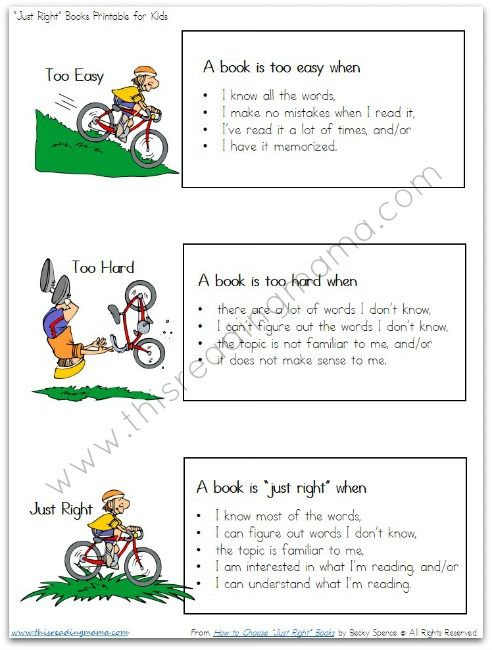 One can only very roughly convey the pronunciation of English words in Russian letters. Well, there are no some English sounds in Russian, and the seemingly similar pronunciation of English and Russian sounds is still different. nine0003
One can only very roughly convey the pronunciation of English words in Russian letters. Well, there are no some English sounds in Russian, and the seemingly similar pronunciation of English and Russian sounds is still different. nine0003
Therefore, we are in favor of trying and from the very beginning, nevertheless, to learn the phonetic signs with which transcriptions are recorded. This will help to understand and remember the rules of reading English for beginners. And further English lessons will be given much easier. As for the transmission of English sounds in Russian letters, this technique is needed for transliteration (as transliteration of Russian names and surnames into English), but not for pronunciation training.
Rules for reading vowels in English
As we have already noted, letters and sounds in English often do not match. Moreover, there are much more sounds: 44 sounds for only 26 letters. Linguists even joke about this:
“We write Liverpool and we read Manchester”
So great is the difference between the written word and its pronunciation in English.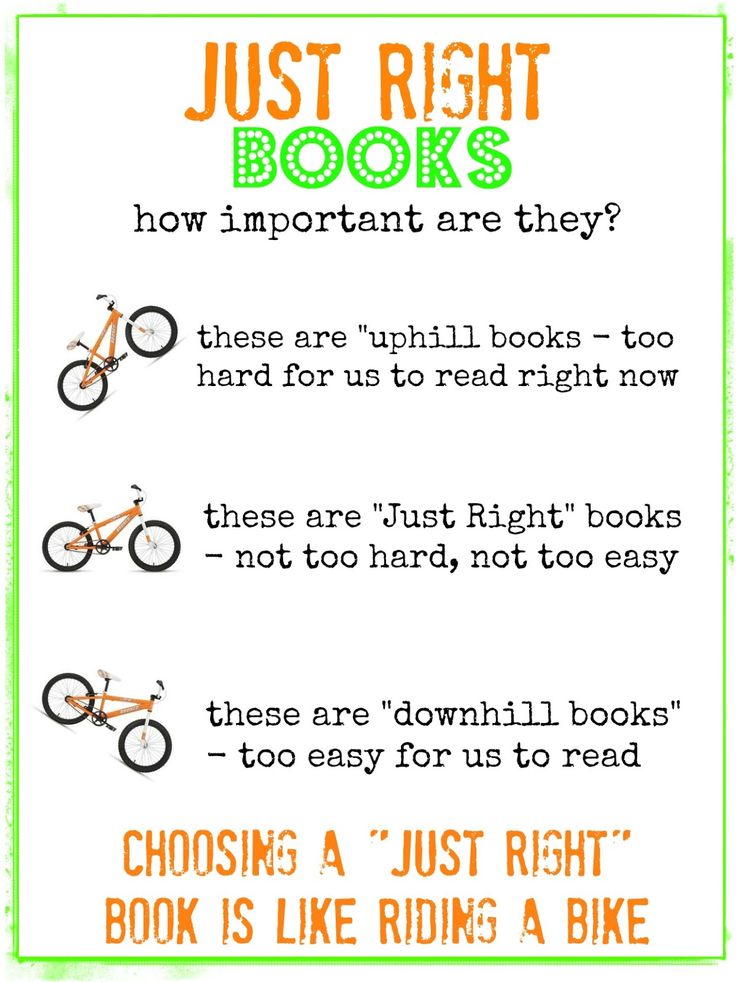 Well, let's start in order. From syllables that affect the reading of vowels. Syllables in English (as in any other) are open and closed:
Well, let's start in order. From syllables that affect the reading of vowels. Syllables in English (as in any other) are open and closed:
- The open syllable ends in with the vowel . It can be in the middle of a word or be the last one in a word. For example: age, blue, bye, fly, go, etc.
- Closed syllable ends in consonant . It can also be in the middle of a word or be the last in a word. For example: bed, big, box, hungry, stand, etc.
Here is a table that explains how the same letter is read differently in closed and open syllables and in different positions in a word:
A | |
| A [ei] - in open syllable | lake, make |
| A [æ] - in a closed syllable | rat, map |
| A [a:] - in a closed syllable on r | car, bar |
| A [εə] - word-final vowel + re | care, fare |
| A [ɔ:] - combinations all, au | all, tall |
O | |
| O [əu] - in an open syllable | no, home |
| O [ɒ] - in a closed stressed syllable | lot, boss |
| O [ɜ:] - in some words with "wor" | word, work |
| O [ɔ:] - in a closed syllable on r | horse, door |
| O [u:] - combined with "oo" | too, food |
| O [u] - combined with "oo" | good, look |
| O [aʊ] - in the combination "ow" in the stressed syllable | now, clown |
| O [ɔɪ] - combined with "oy" | boy, joy |
U | |
| U [yu:], [yu] - in an open syllable | blue, duty |
| U [ʌ] - in a closed syllable | butter, cup |
| U [u] - in a closed syllable | nine0053 |
| U [ɜ:] - combined with "ur" | purse, hurt |
E | |
| E [i:] - in an open syllable, the combination "ee", "ea" | he, meet, leaf |
| E [e] - in a closed syllable, combination "ead" | head, bread | nine0059
| E [ɜ:] - in combinations "er", "ear" | her, pearl |
| E [ɪə] - in combinations "ear" | near, dear |
I | |
| i [aɪ] - in an open syllable | nice, fine |
| i [aɪ] - combined with "igh" | high, night |
| i [ɪ] - in a closed syllable | big, in |
| i [ɜ:] - combined with "ir" | bird, girl |
| i [aɪə] - in combination "ire" | hire, tired |
Y | |
| Y [aɪ] - at the end of a word under stress | my, cry |
| Y [ɪ] - at the end of a word without stress | happy, family |
| Y [j] - at the beginning of a word | yes, yellow |
Rules for reading consonants in English
Consonants in English are less difficult than vowels.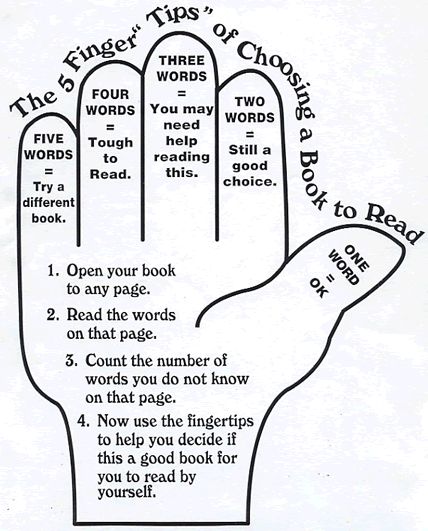 Only some of them (C, S, T, X and G) are read differently depending on the position in the word and neighboring sounds. And for clarity - again the table:
Only some of them (C, S, T, X and G) are read differently depending on the position in the word and neighboring sounds. And for clarity - again the table:
C | |
| C [s] - before i, e, y | place, cinema |
| C [tʃ] - in combinations ch, tch | children, catch |
| C [k] - otherwise | cat, picnic |
S | |
| S [z] - at the end of words after vowels and voiced consonants | places, dogs |
| S [ʃ] - combined with sh | she, show |
| S [s] - otherwise | sport, dress |
T | |
| T [t] - except combinations th nine0058 | tell, time |
| T [ð] - combined th | the, brother |
| T [θ] - combined th | think, fifth |
X | |
| X [ks] - at the end of words, before a consonant, before an unstressed vowel | box, fix, fox, next, six, text |
| X [gz] - before stressed vowel | exam, example, exact |
G | |
| G [dʒ] - before e, i, y | page, energy |
| G [ŋ] - combined with ng at the end of the word | song, interesting |
| G [g] - otherwise | go big |
How are letter combinations read in English?
So, after vowels and consonants, we got to letter combinations.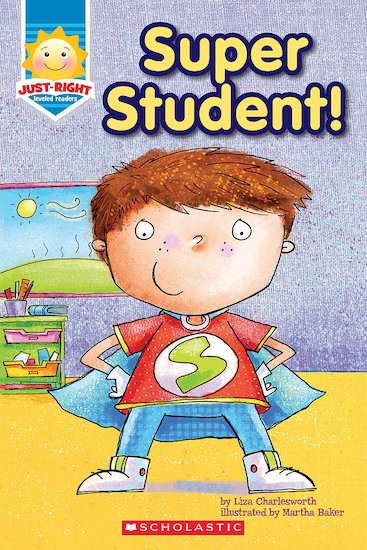 Now we will talk about the rules for reading syllables, not individual letters. And rightly so - because in words the letters are just combined, so we rarely have to read individual sounds. And in syllables, sounds influence each other, so the following table contains the basic rules for reading syllables and combinations of consonants:
Now we will talk about the rules for reading syllables, not individual letters. And rightly so - because in words the letters are just combined, so we rarely have to read individual sounds. And in syllables, sounds influence each other, so the following table contains the basic rules for reading syllables and combinations of consonants:
| oo | [ʊ] | look, book, cook, good, foot | [lʊk] [bʊk] [kʊk] [ɡʊd] [fʊt] |
| [uː] | pool, school, Zoo, too | [puːl] [skuːl] [zuː] [tuː] | |
| ee | [iː] | see, bee, tree, three, meet | [ˈsiː] [biː] [triː] [θriː] [miːt] |
| ea Exceptions: | [iː] | tea, meat, eat, read, speak | [tiː] [miːt] [iːt] [riːd] [spiːk] |
| [e] | bread, head, breakfast, healthy | [bred] [hed] [ˈbrekfəst] [ˈhelθi] | |
| to | [eɪ] | away, play, say, may | [əˈweɪ] [pleɪ] [ˈseɪ] [meɪ] |
| ey | grey, they | [ɡreɪ] [ˈðeɪ] | |
| nk | [ŋk] | ink, thank, monkey, sink, bank | nine0053 |
| ph | [f] | telephone, phonetics, phrase | |
| sh | [ʃ] | she, bush, short, dish, fish, sheep, shook | |
| tch | [tʃ] | catch, kitchen, watch, switch, stretch | |
| th | [ð] | at the beginning of service words; between vowels: these, that, there, mother, they, with, them, then | |
| [θ] | in combination th at the beginning and at the end of significant words: thick, thin, thanks, three, think, throw, fifth, tooth | | |
| wh | [w] | what, why, when, while, white, where | |
| w+o | [h] | who, whom, whose, whole, wholly | |
| wr | [r] | write, wrong, wrist, wrap, wrest, wrap | | nine0059
Living and other reading rules in English
All students have different language and listening abilities.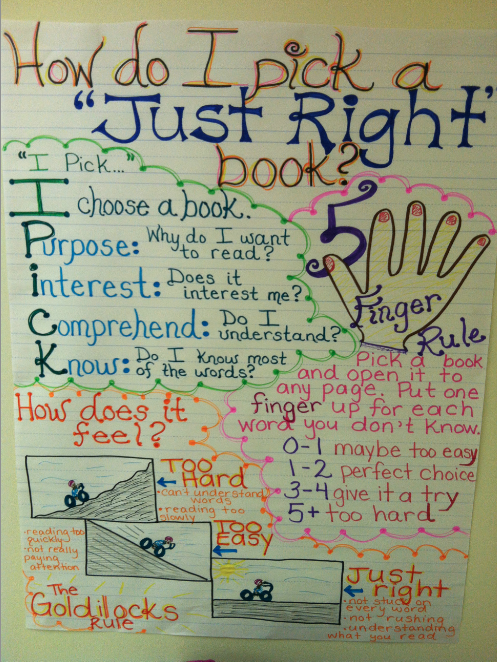 If reading rules in English are difficult, use one of the tricks:
If reading rules in English are difficult, use one of the tricks:
- Live English Reading Rules . This is a fairly well-known technique for teaching reading and pronunciation in English. It is designed mainly for children, and the rules of English reading are presented as accessible as possible. Memorization is facilitated by funny verses and tongue twisters. It makes sense to try to interest the child in English from the very beginning of the study. nine0038
- Applications for learning English . Recently, we discussed a number of programs and applications that help you learn a foreign language. In most of them, you can not only read, but also listen to new words. The same function is available in online translators - use it more often.
- Exercises on reading rules . There are many of them, but they all come down to training the skill to distinguish between different sounds. For example:
Given a list of words ( what, who, wrestling, when, why, whose, wrong, where, whom, write, white, which, whole, wrangler ).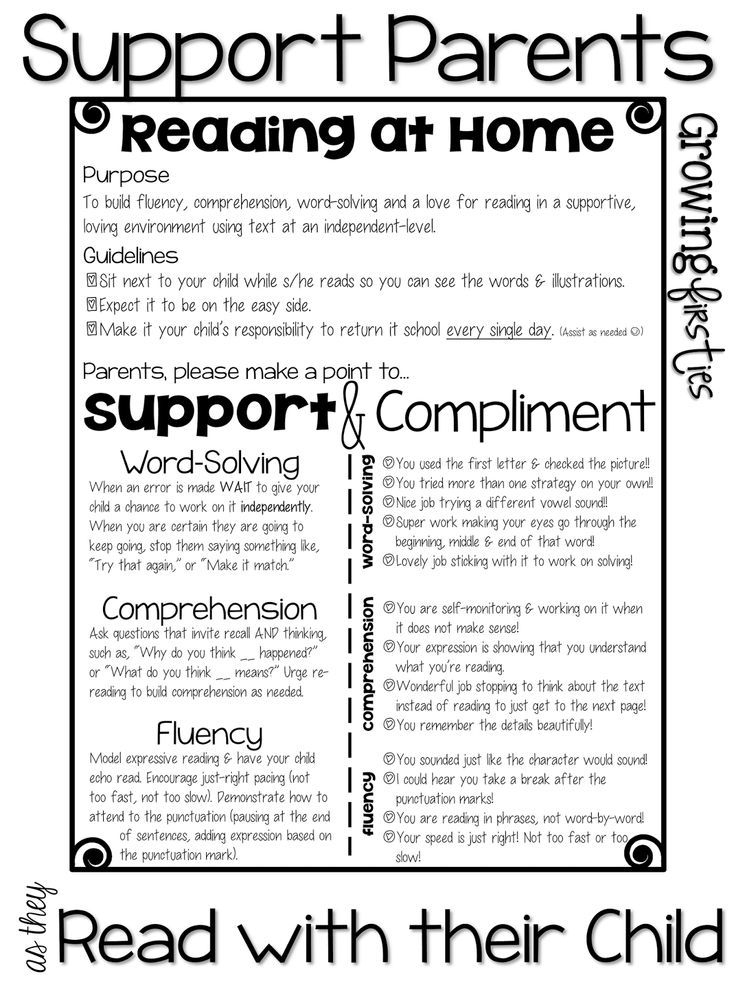 It is necessary to distribute these words into groups with the sound that is pronounced in them: [w], [h] or [r].
It is necessary to distribute these words into groups with the sound that is pronounced in them: [w], [h] or [r].
Or words from another list ( give, good, cage, ginger, girl, gypsy, gold, gray, grace, beige, gift, gymnastics) divide into two groups: one with sound [g], the second - with sound [dʒ].
The reading rule exercises may seem complicated, but don't try to do them by memorizing each rule. Better try to understand not the rules, but the principles of reading English sounds. Do a few exercises on the rules of reading to know exactly how some words of the same type are read. The more you read and listen in English, the easier it will be to remember the correct pronunciation. nine0003
So our main advice is universal: practice, practice and practice speaking and reading in English will help you learn the language easily and effectively!
We also recommend that you pay attention to English courses for children in Moscow. To select a different city or type of study, you always have the opportunity to use the filter in the navigation of our site.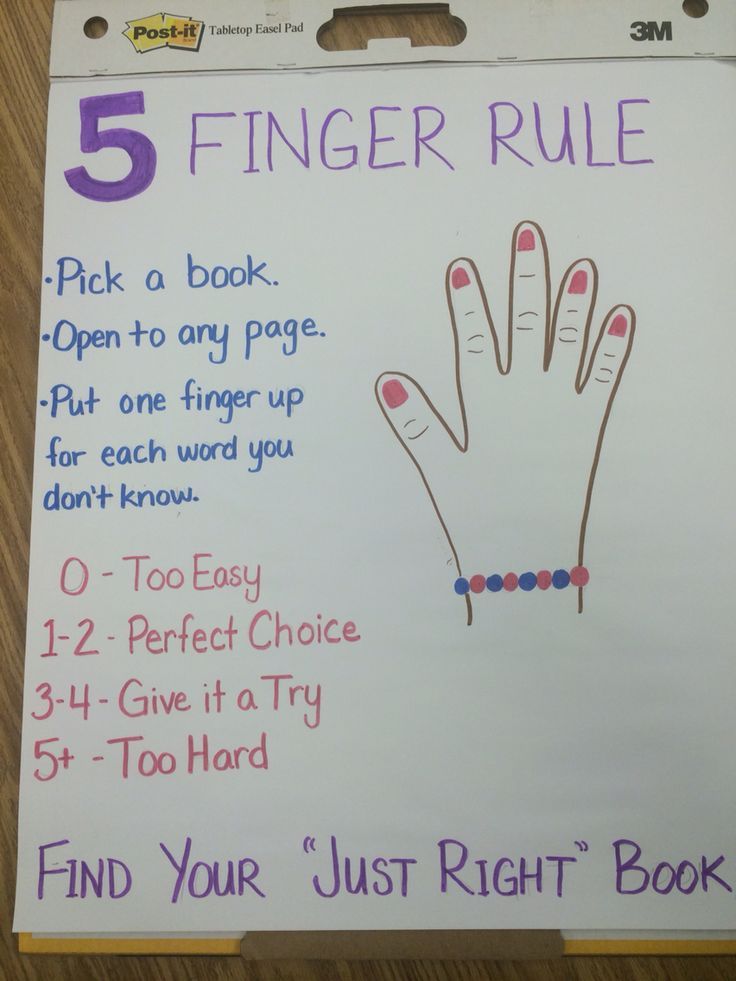
How to read correctly. 7 important tips
A+ A A-
- Category: Tips for parents
- Views: 105687
How to read correctly. 7 Important Tips
So here are some tips on how to read correctly. It's not just about reading technique. Correct in this case - this is with the maximum benefit from what you read. Naturally, first of all, these tips relate to reading non-fiction literature - books on self-development, on the profession, educational and scientific literature, etc. That is, those from the reading of which some very specific benefit is expected: knowledge, skills, competencies. However, these "rules" can be successfully applied to fiction as well. After all, fiction, especially classical literature, is designed not so much to entertain the reader as to give him some new experience. Here is how to get this experience as much as possible and our advice will help. nine0003
1.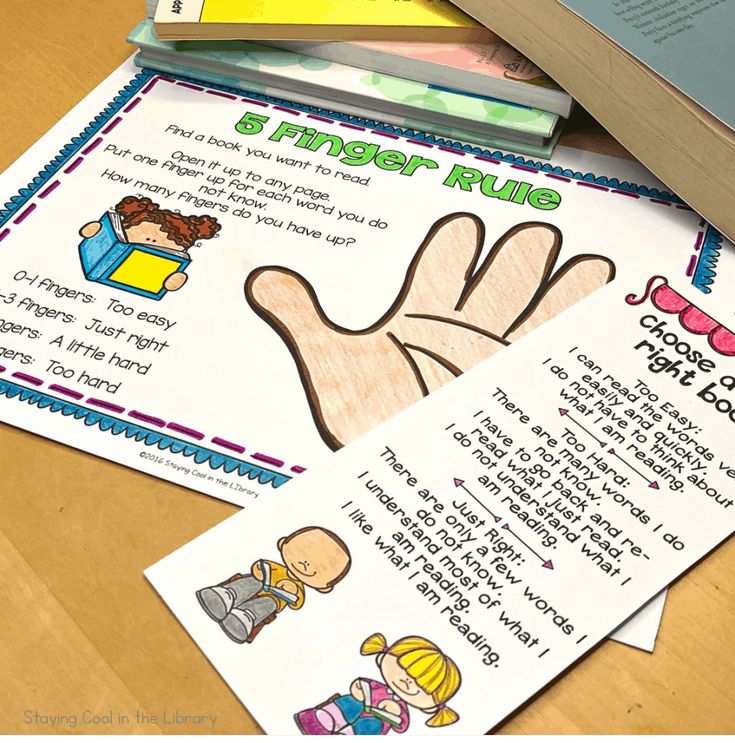 Read regularly
Read regularly
Make it a rule to dedicate at least an hour a day to reading and do not deviate from this rule for anything. If it is impossible to carve out such a whole period of time in your daily routine, break this time into two 30-minute segments, or even three 20-minute ones. Taking time to read before bed is not a good idea from a productivity standpoint. During the day, your brain gets tired and saturated with information, it will be difficult for it, especially if you read non-fiction. nine0003
2. Read with a notepad at hand
The ability to write down the necessary thoughts from the book, or your thoughts that arise in the course of reading, significantly increase the effectiveness of reading. Using these notes, you can then easily restore the key points of the book in memory, you can use them when the book is not at hand. Even just writing out quotes from a fiction book is of great benefit. Some advise even to compose the "skeleton" or "summary" of the book in this way, but these are already details.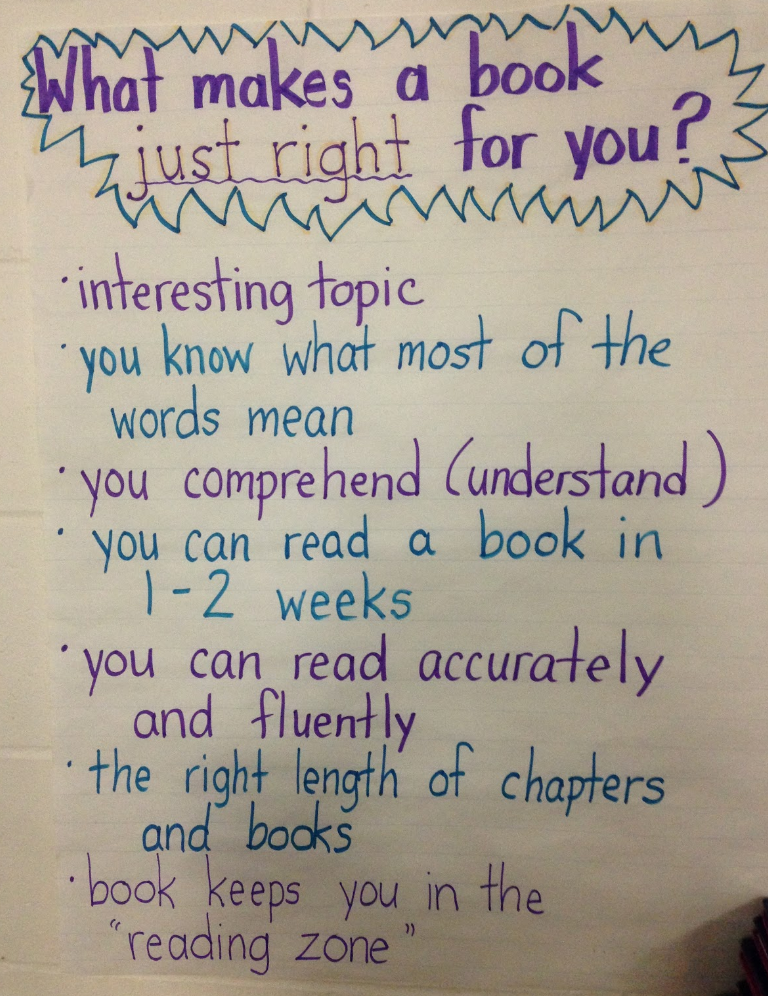 nine0003
nine0003
3. Read thoughtfully
" Read correctly " does not mean "read fast", rather the opposite. Never chase reading speed. The usefulness of books "is not determined by the amount of reading, but by the amount of understanding." It is better to re-read a difficult or controversial passage than to skip without understanding anything. Do not be lazy to find out the meanings of unfamiliar words and terms (fortunately, now it is very simple). Pay attention to context. If the author refers to a theory or study unfamiliar to you, find out at least in general terms what the essence of the theory or study is. By the way, this will help you with the next step. nine0003
4. Constantly look for books
It would seem that what to look for - there are so many of them. But most of these books are of no use to you, they are just rubbish. In order not to fill your head with garbage, you need to responsibly approach the choice of literature for reading.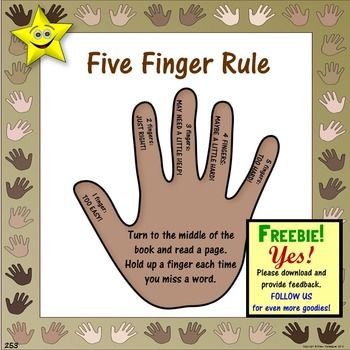 Make sure you have a "to read" list. Follow the latest in the area you are interested in, read the reviews of other people. Determine the next book in advance. In a word, plan your reading process.
Make sure you have a "to read" list. Follow the latest in the area you are interested in, read the reviews of other people. Determine the next book in advance. In a word, plan your reading process.
5. Read different books
Sometimes it is very useful to read several books on the same topic in a row, compare them with each other, look at the problem from different angles. But you shouldn't get hung up on the same thing. Read science fiction after self-development books, Russian classics after business literature, etc. Some even advise doing it at the same time - reading one book "for good", and another, fiction, for pleasure.
6. Switch to e-books
Paper books are wonderful and I do not call for them to be abandoned. But the reality is that reading e-books from a tablet, and even more so from a book reader, is much more convenient. The e-book market is developing and more and more new publications are available in electronic format.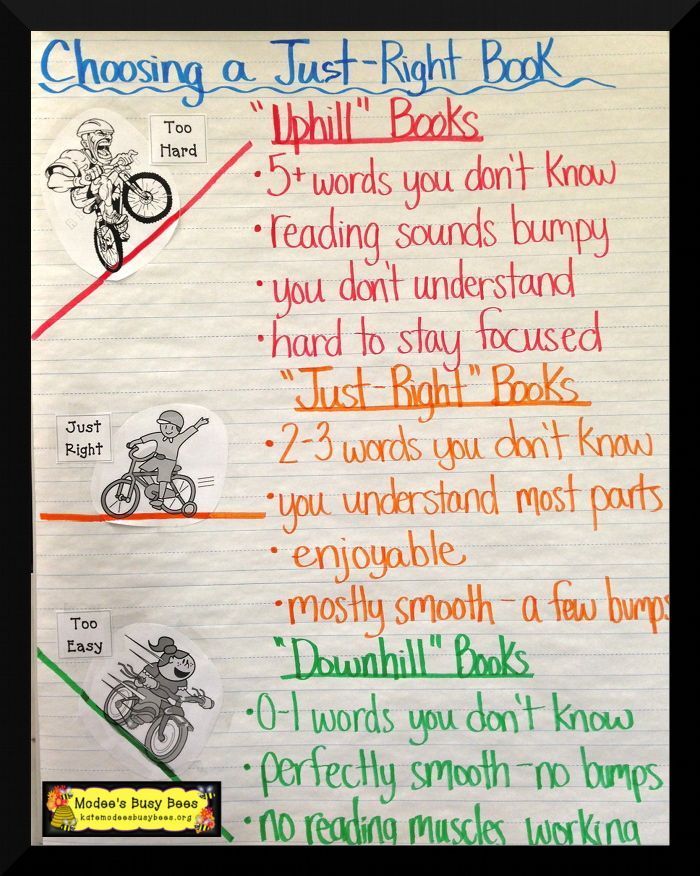

 Schaefer)
Schaefer)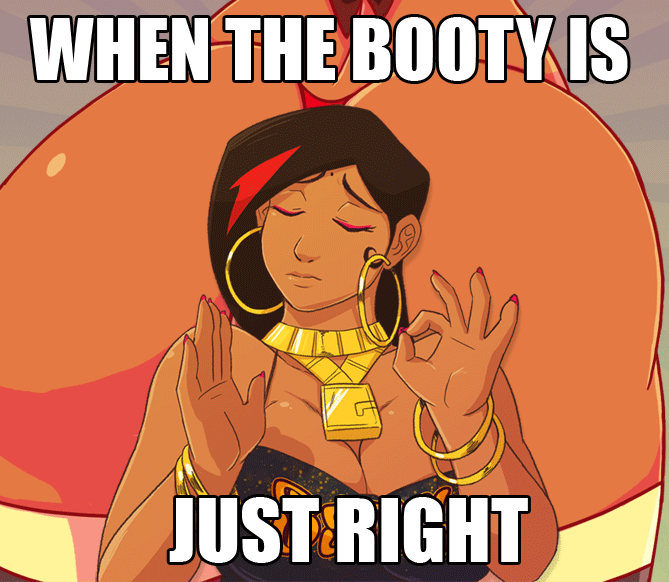 Kittinger)
Kittinger)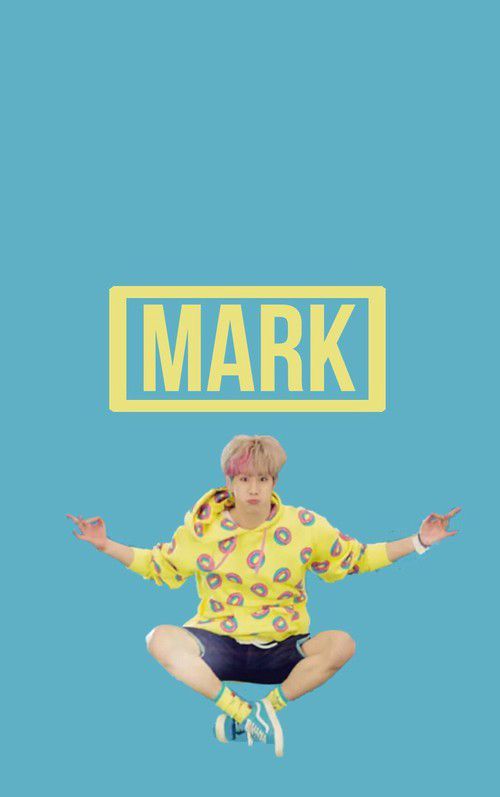 Kennedy?) Series (Various Authors)
Kennedy?) Series (Various Authors)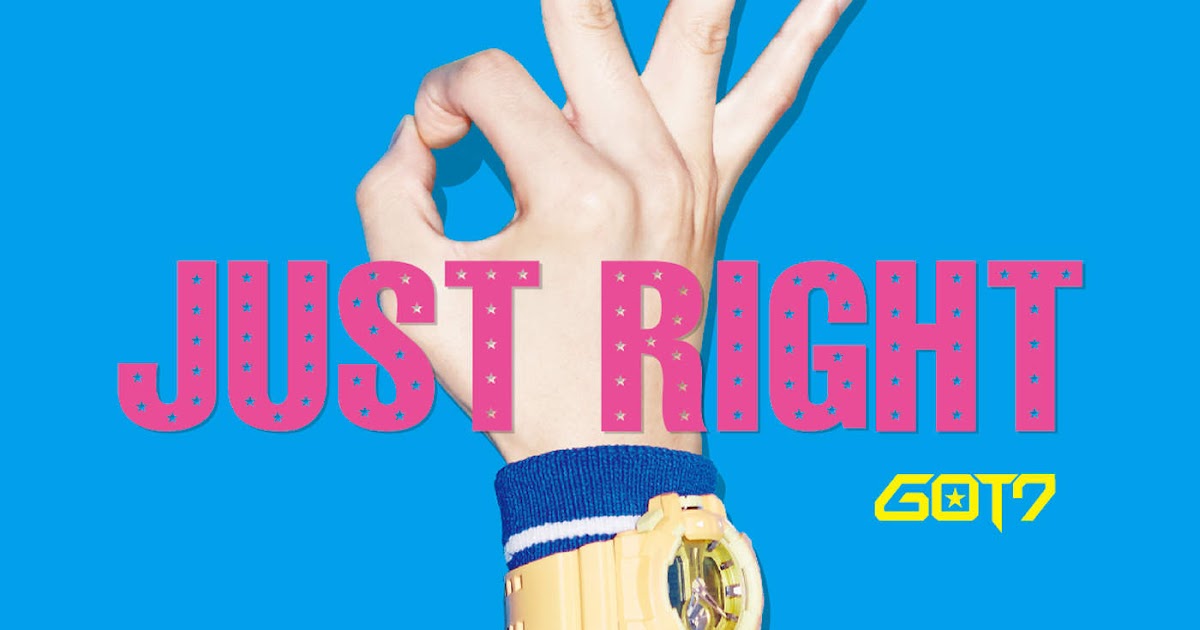 Hudson and V.W. Wesley)
Hudson and V.W. Wesley)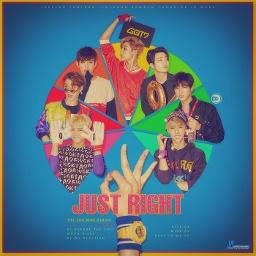 Schaefer)
Schaefer) Collicult)
Collicult)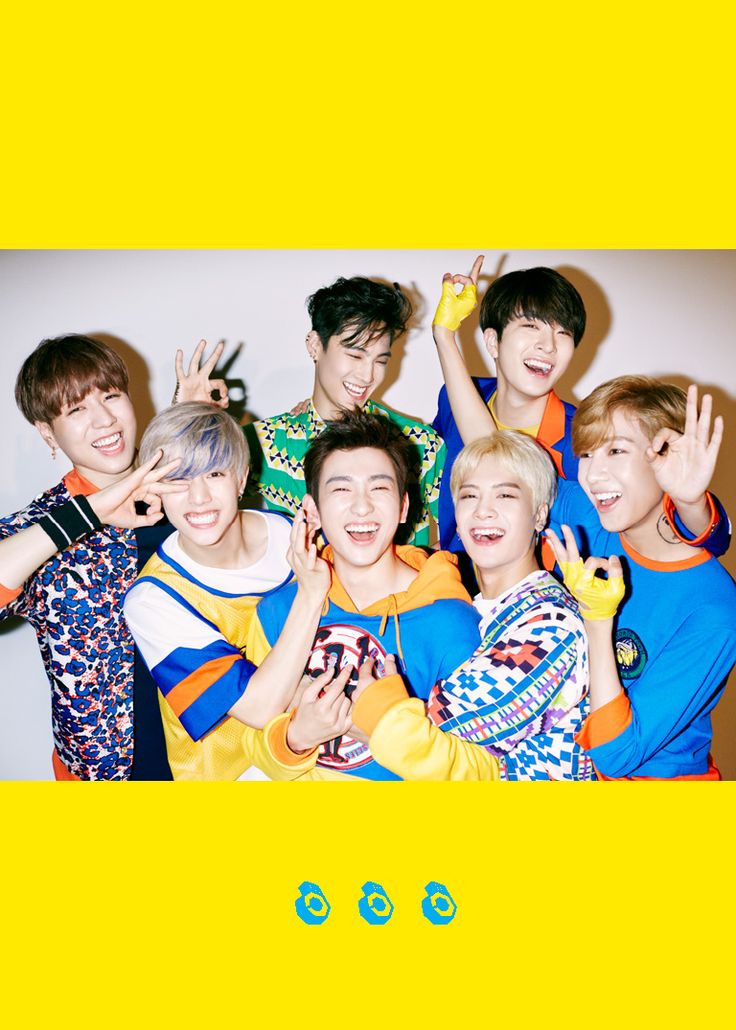 Minarik)
Minarik)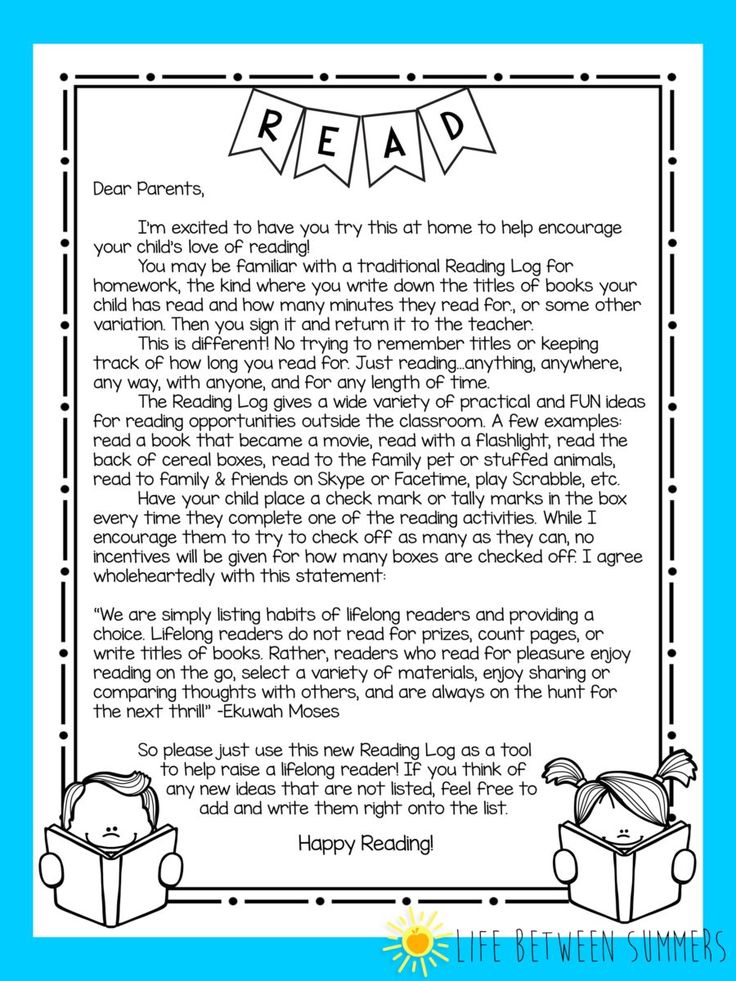 B. White)
B. White)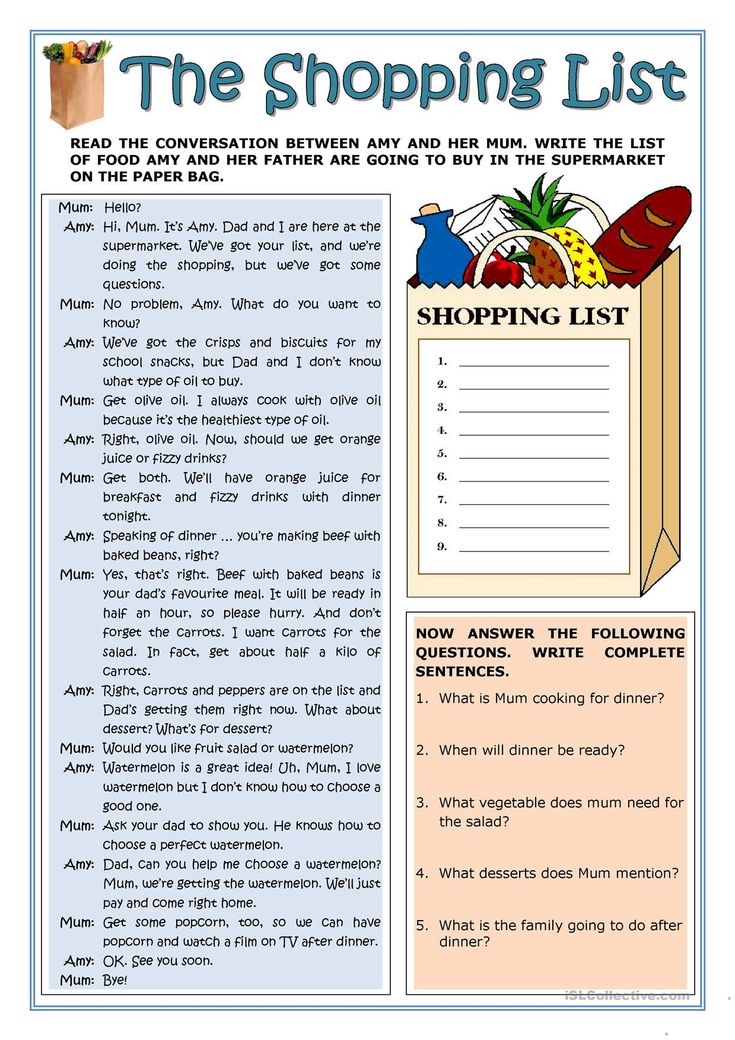 C. Higgins the Great (Virginia Hamilton)
C. Higgins the Great (Virginia Hamilton) D. Eastman)
D. Eastman)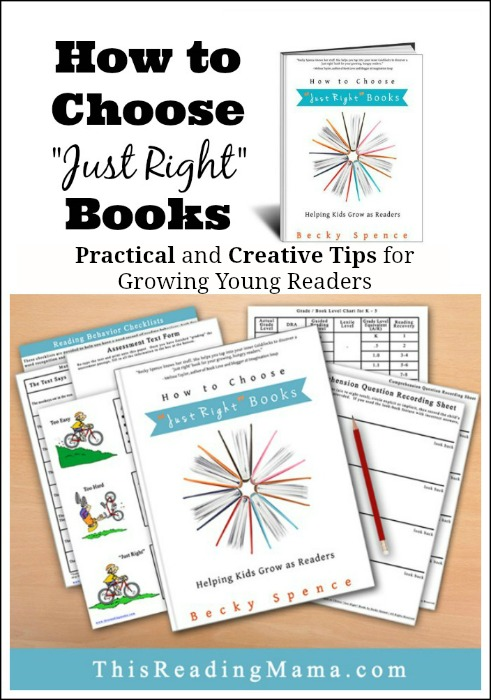 Minarik)
Minarik)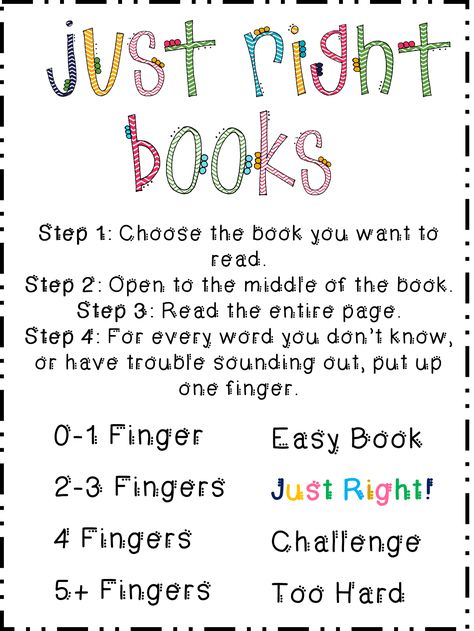 Rooney’s Room (Giff, Patricia Reilly)
Rooney’s Room (Giff, Patricia Reilly)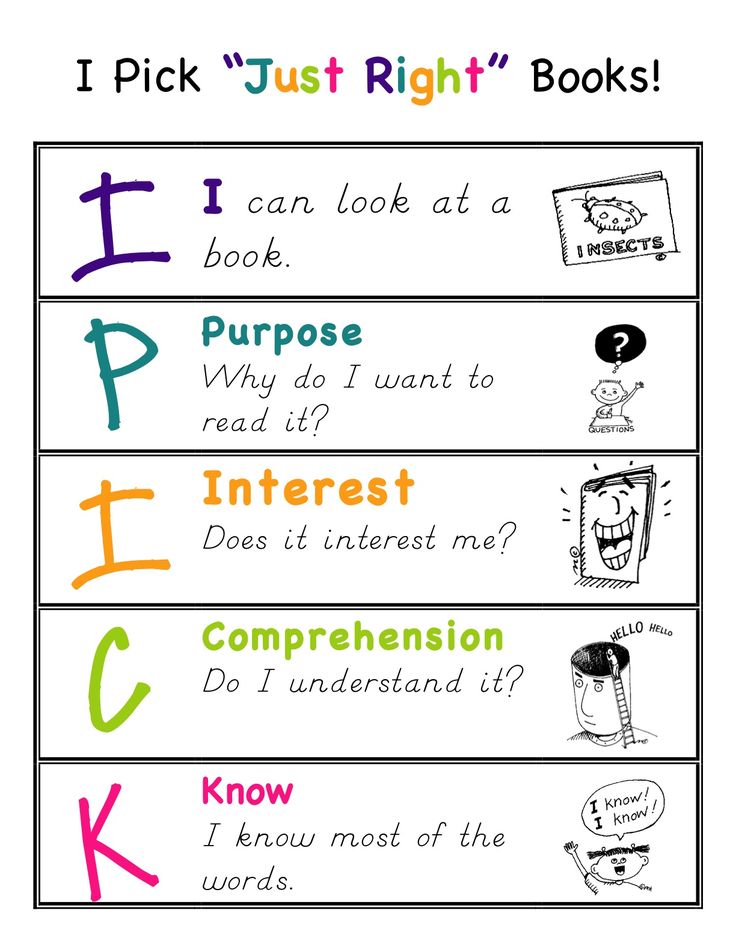 Morgenstern's Classic Tale Of True Love And High Adventure
Morgenstern's Classic Tale Of True Love And High Adventure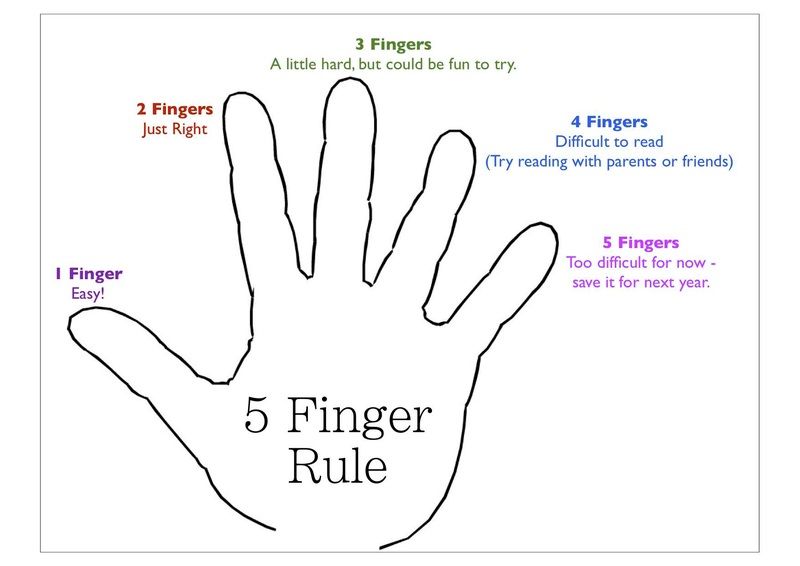 Volume 1, Preludes & Nocturnes
Volume 1, Preludes & Nocturnes